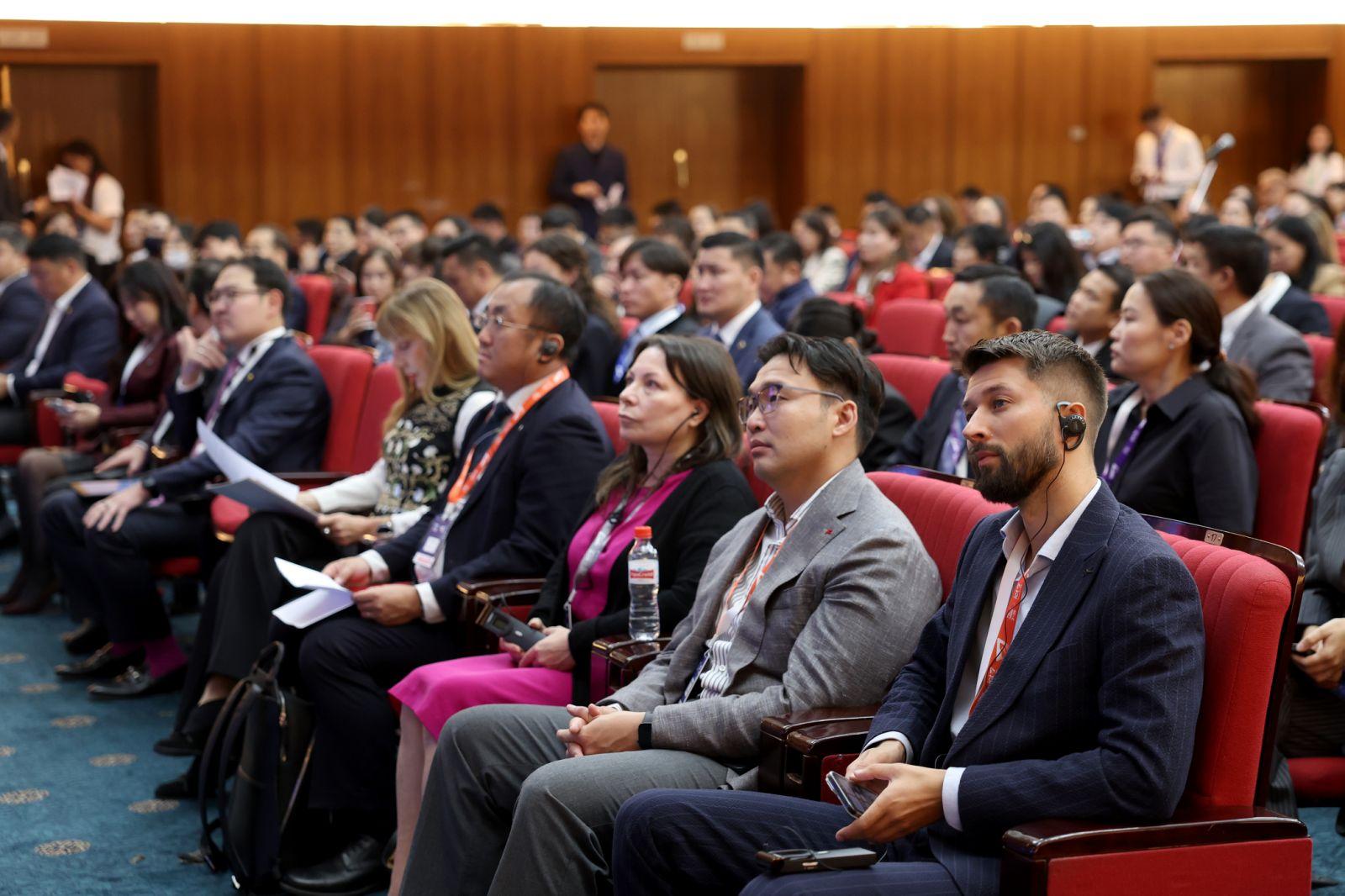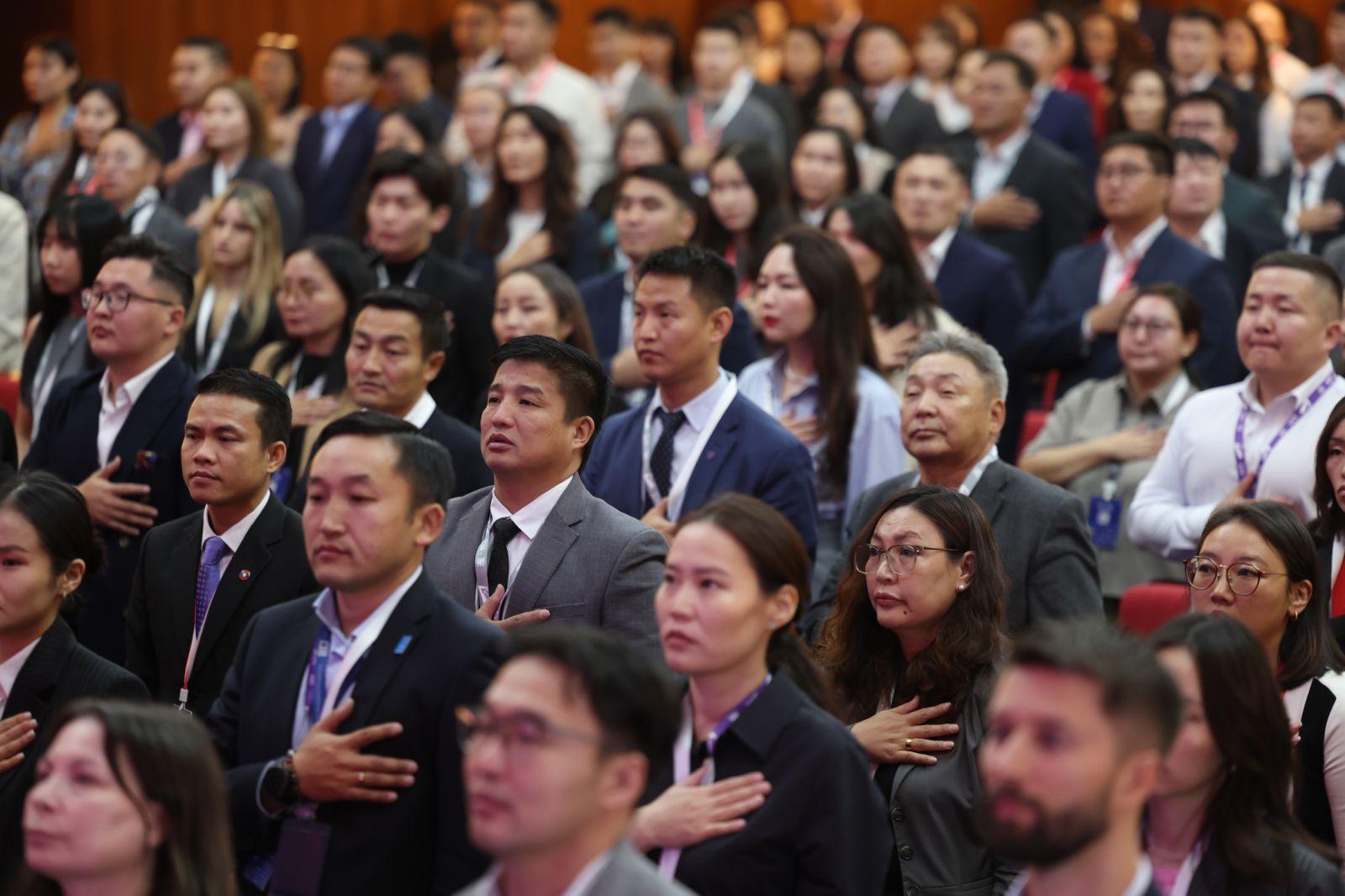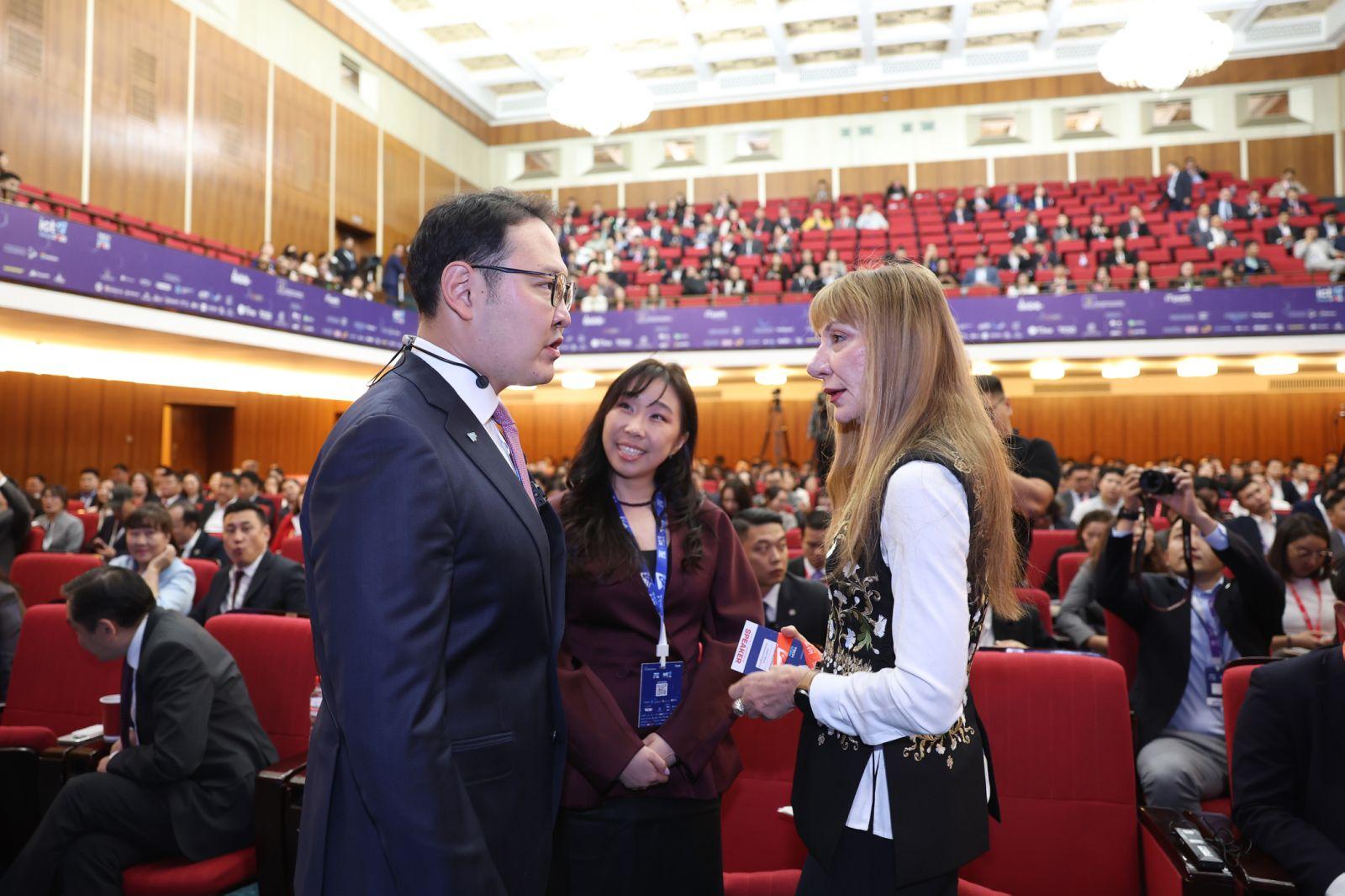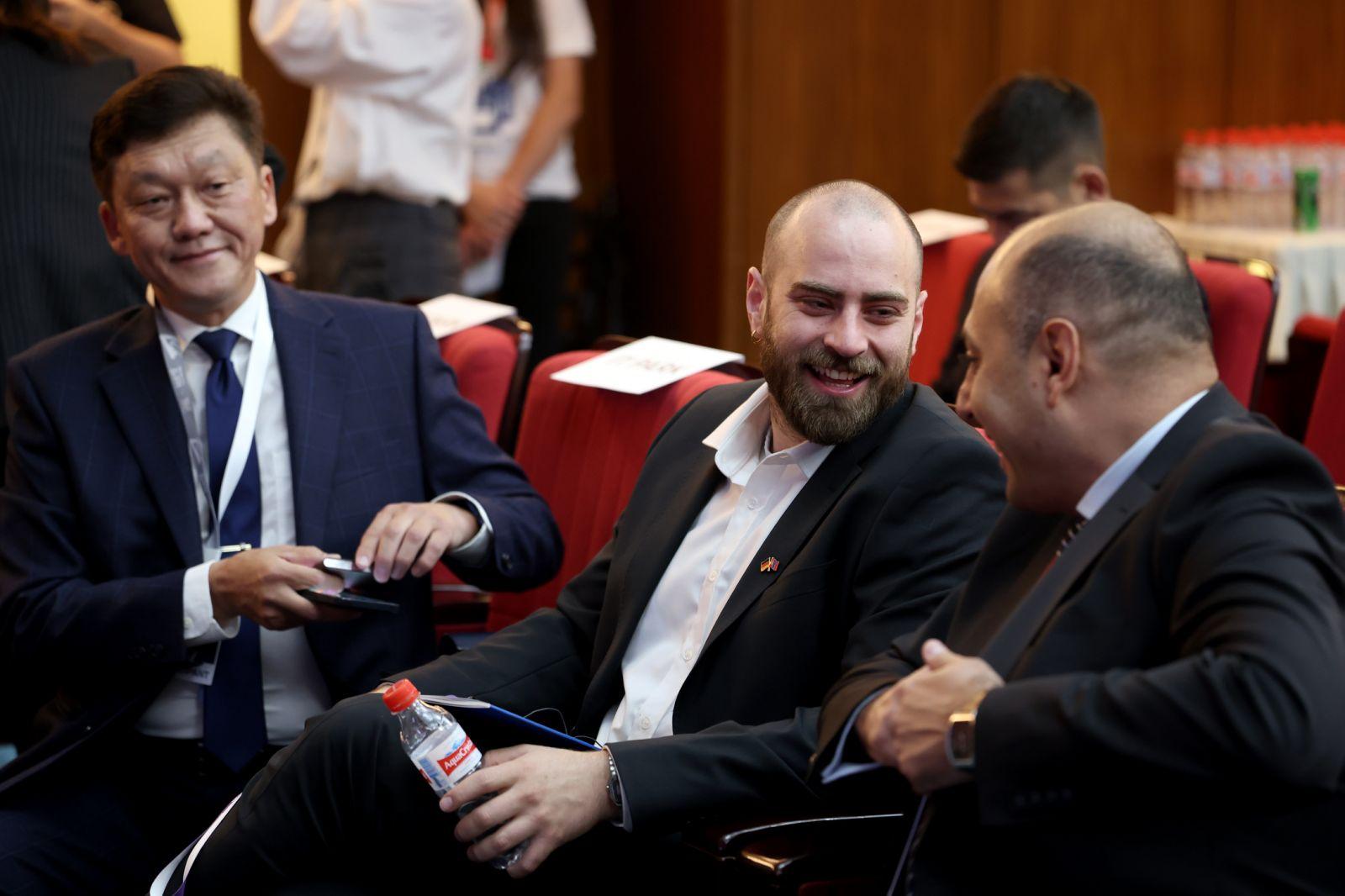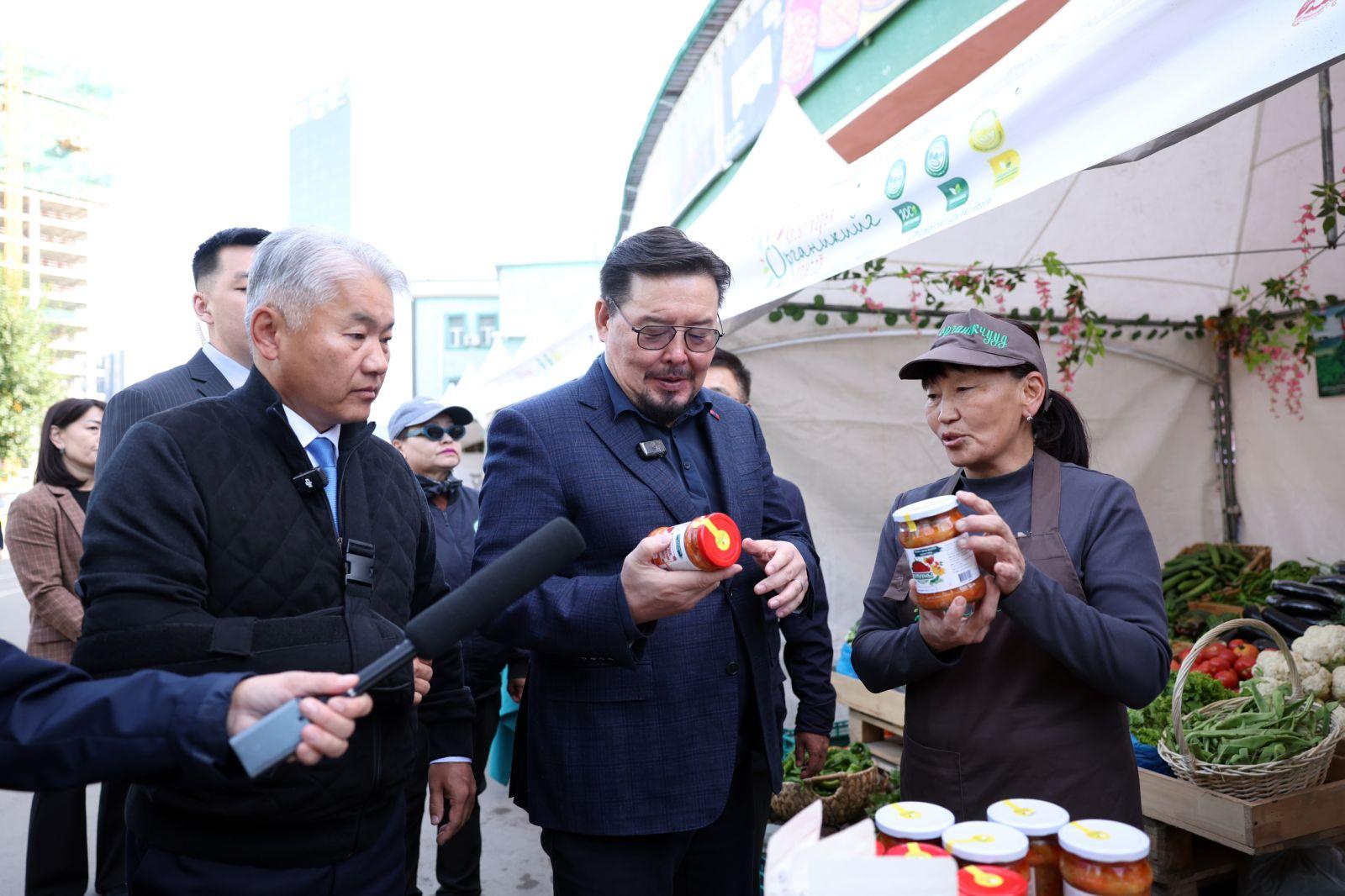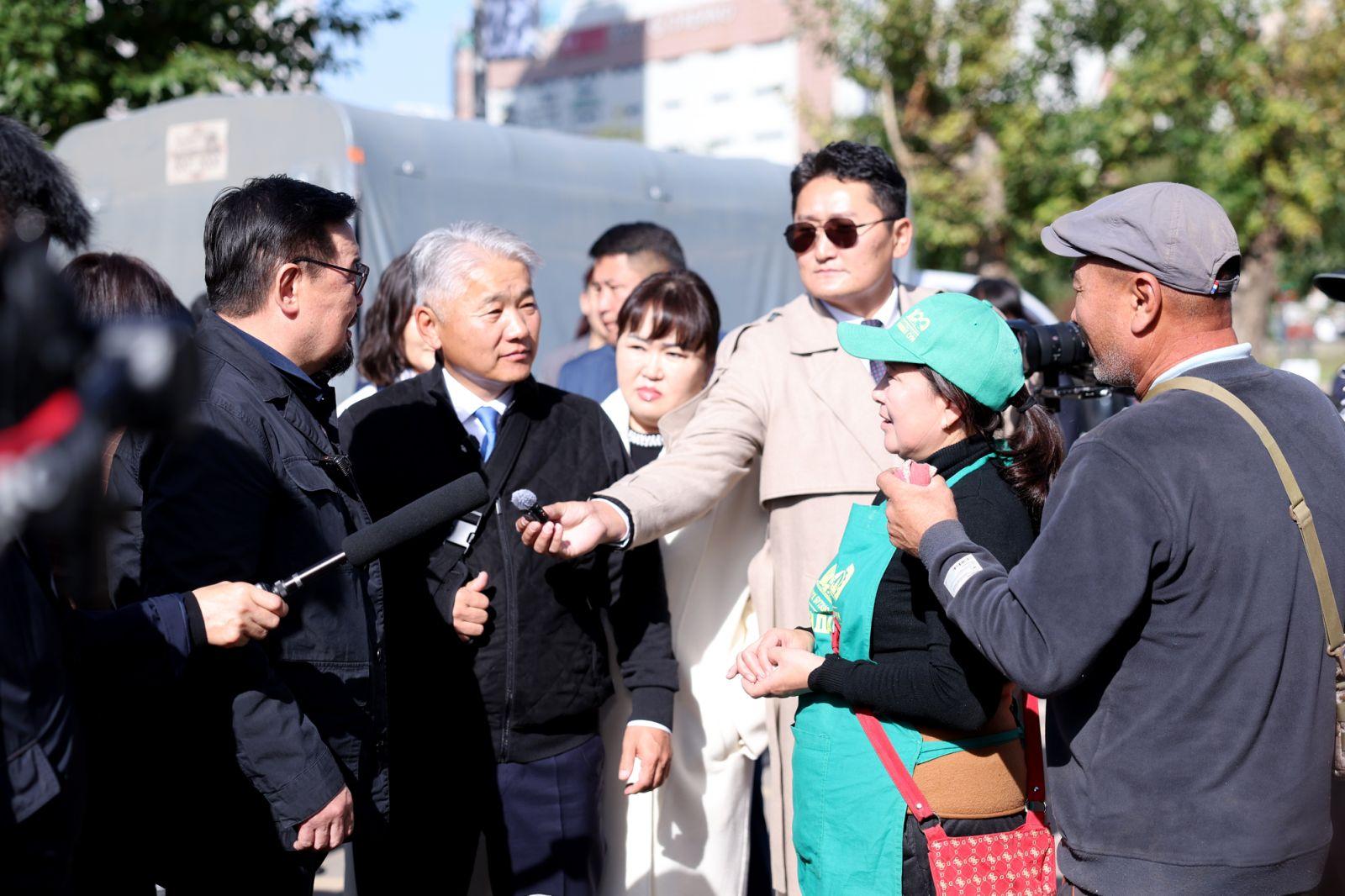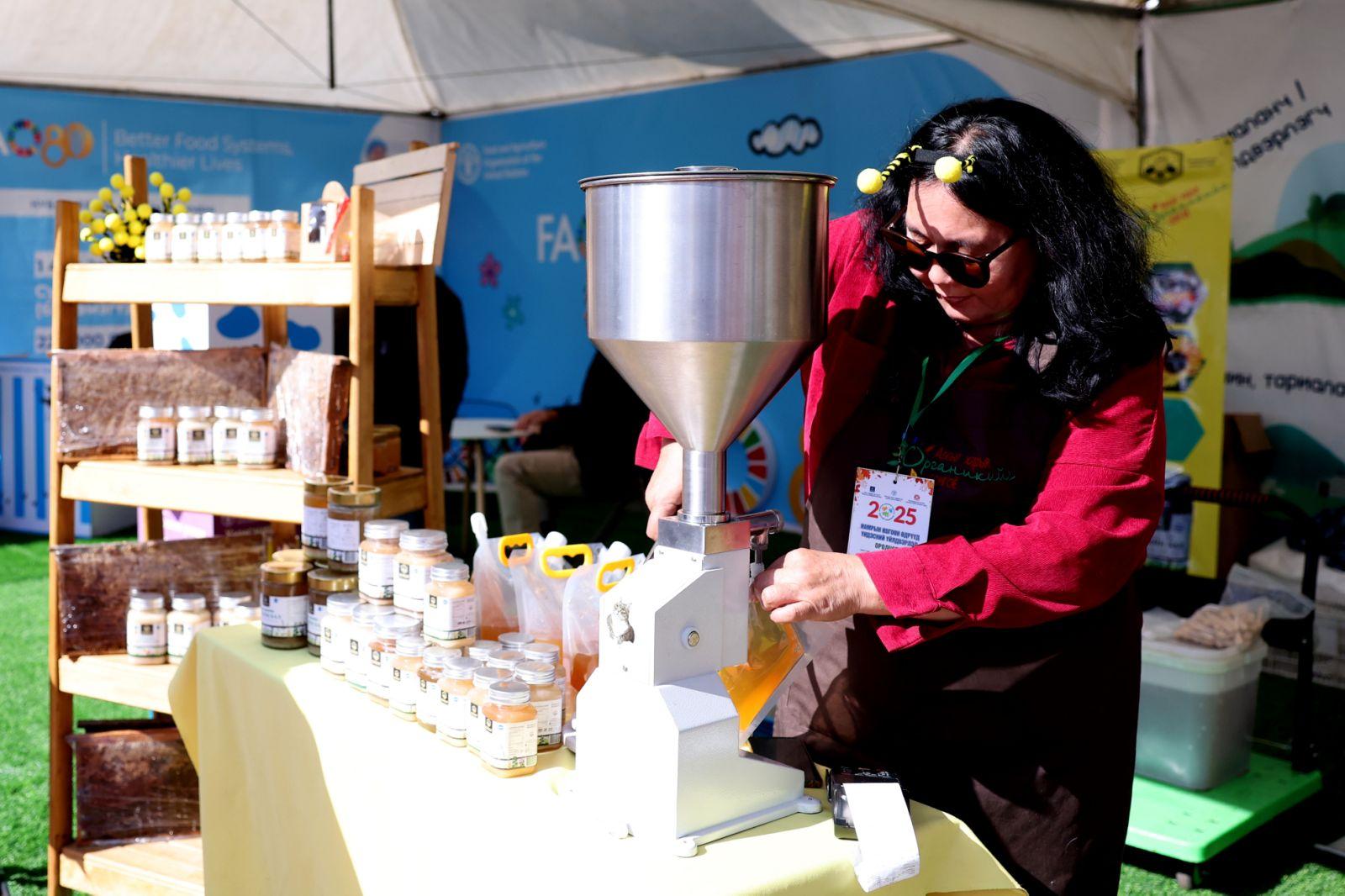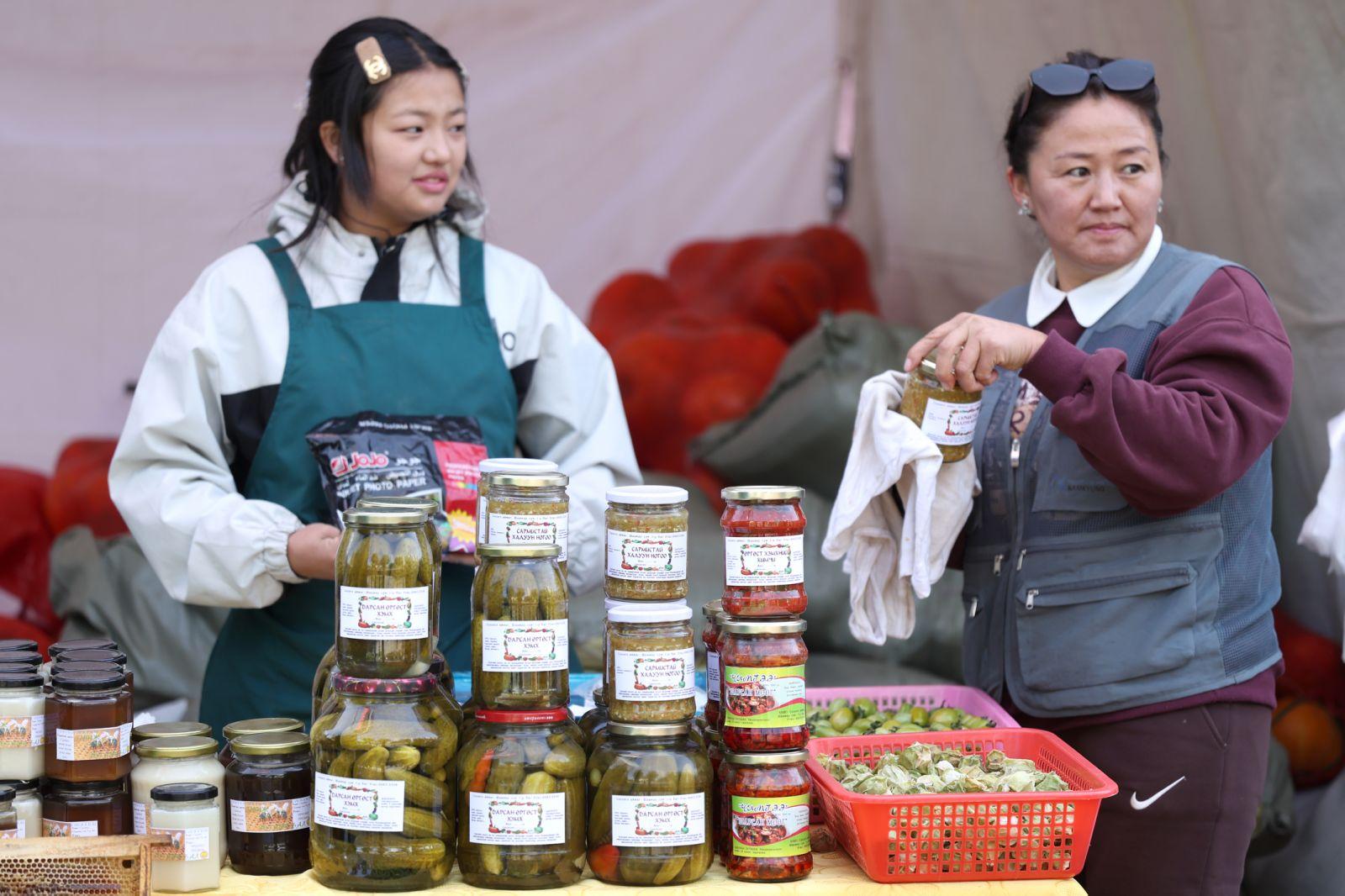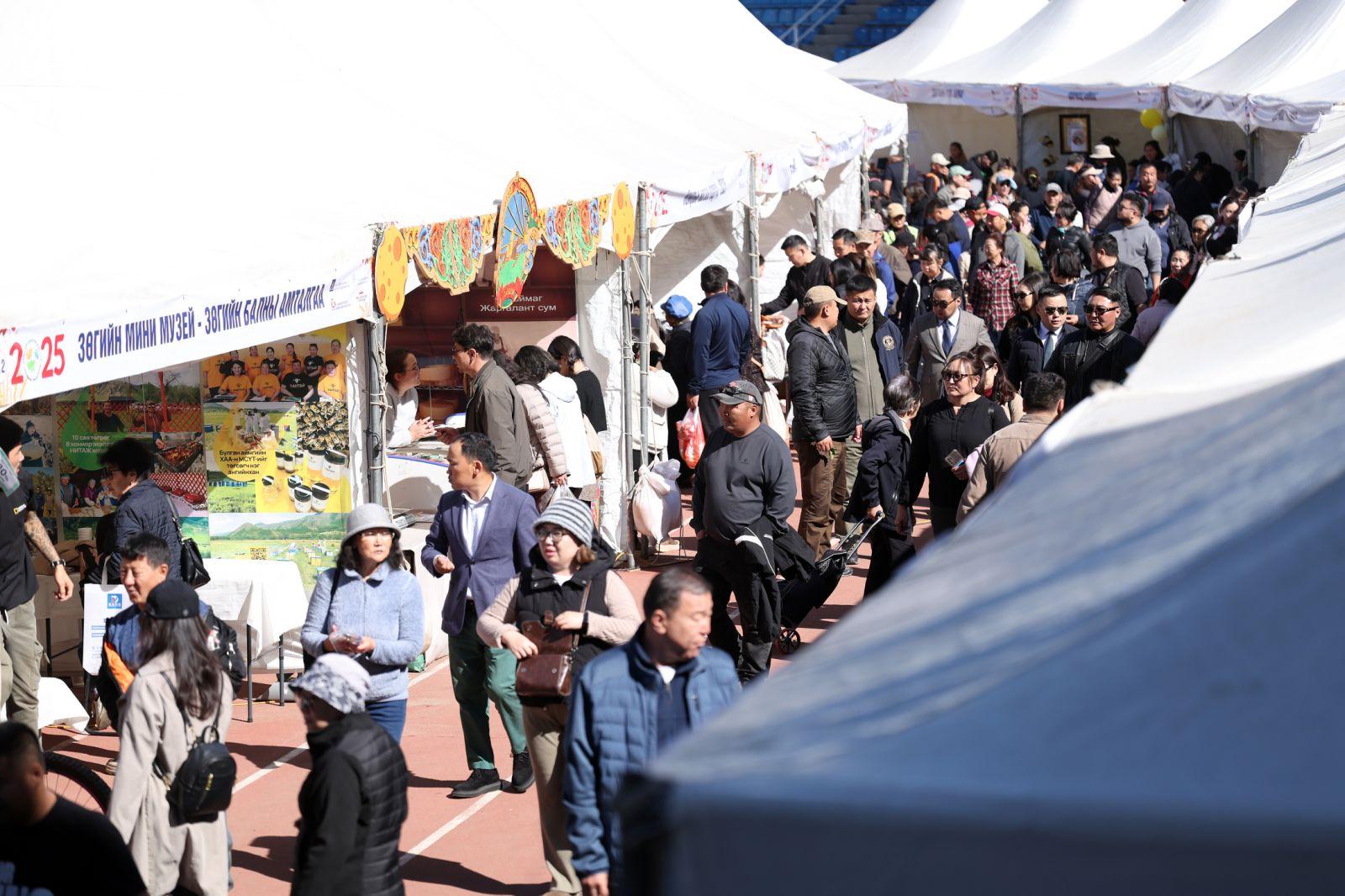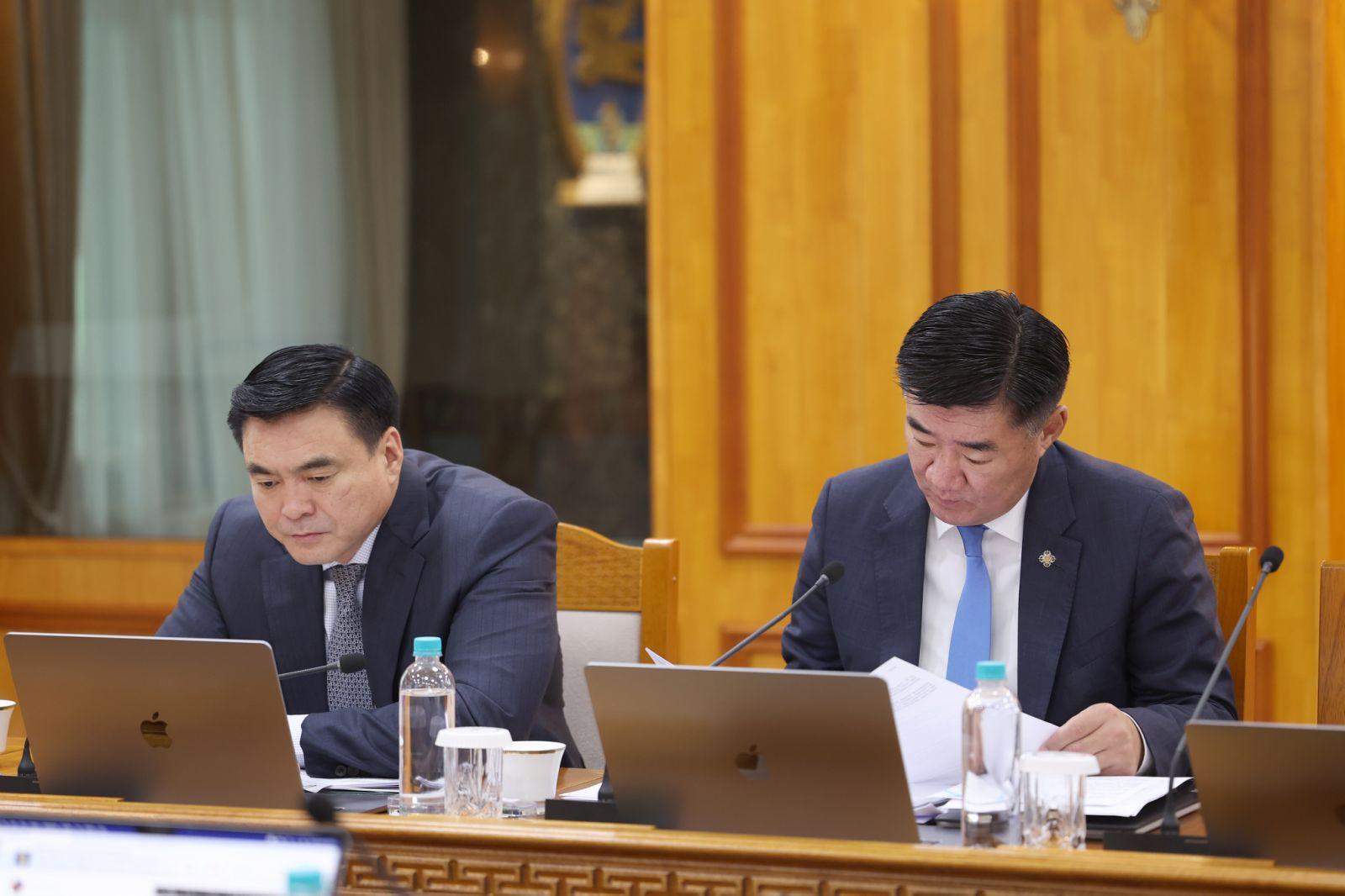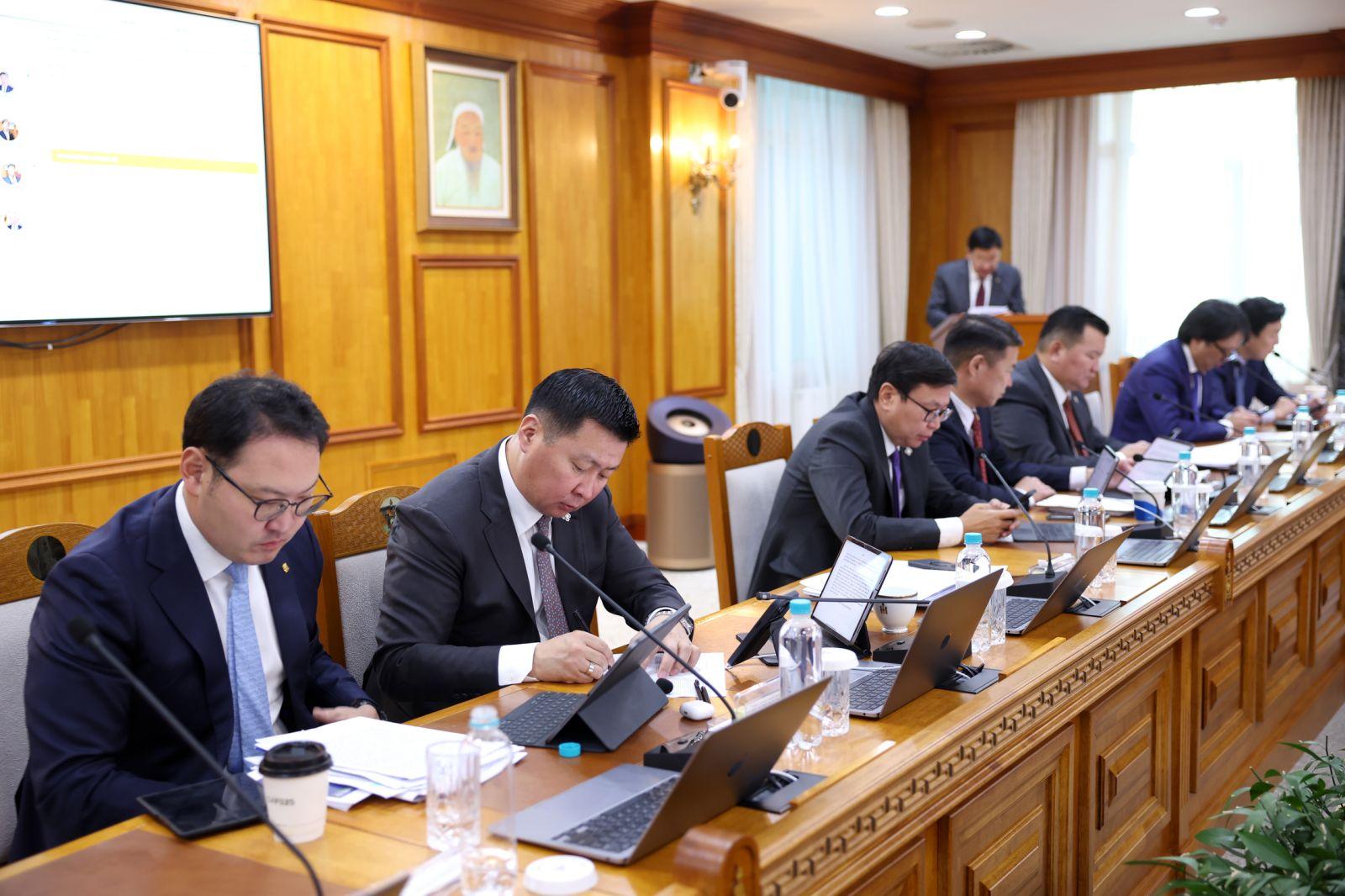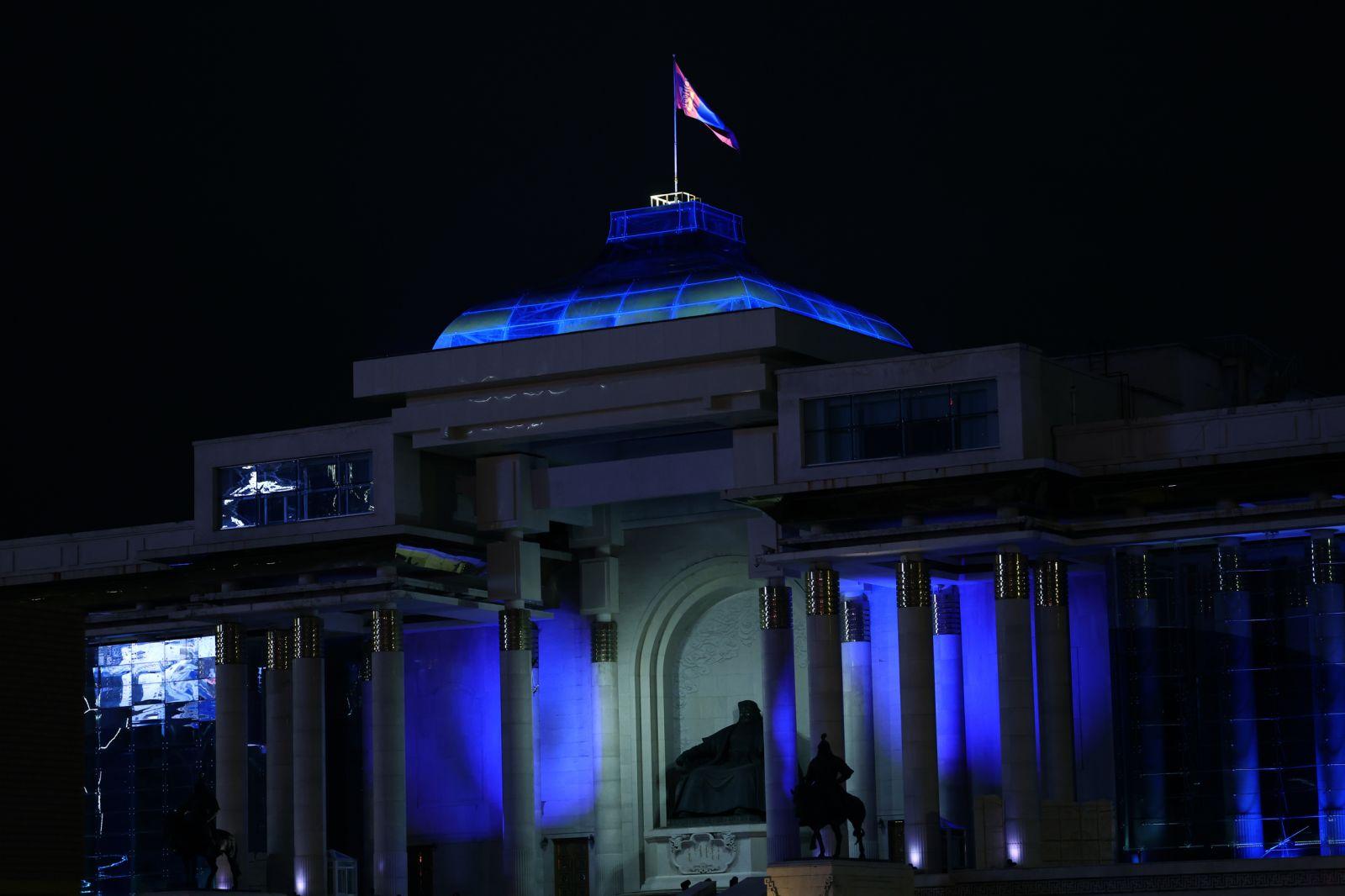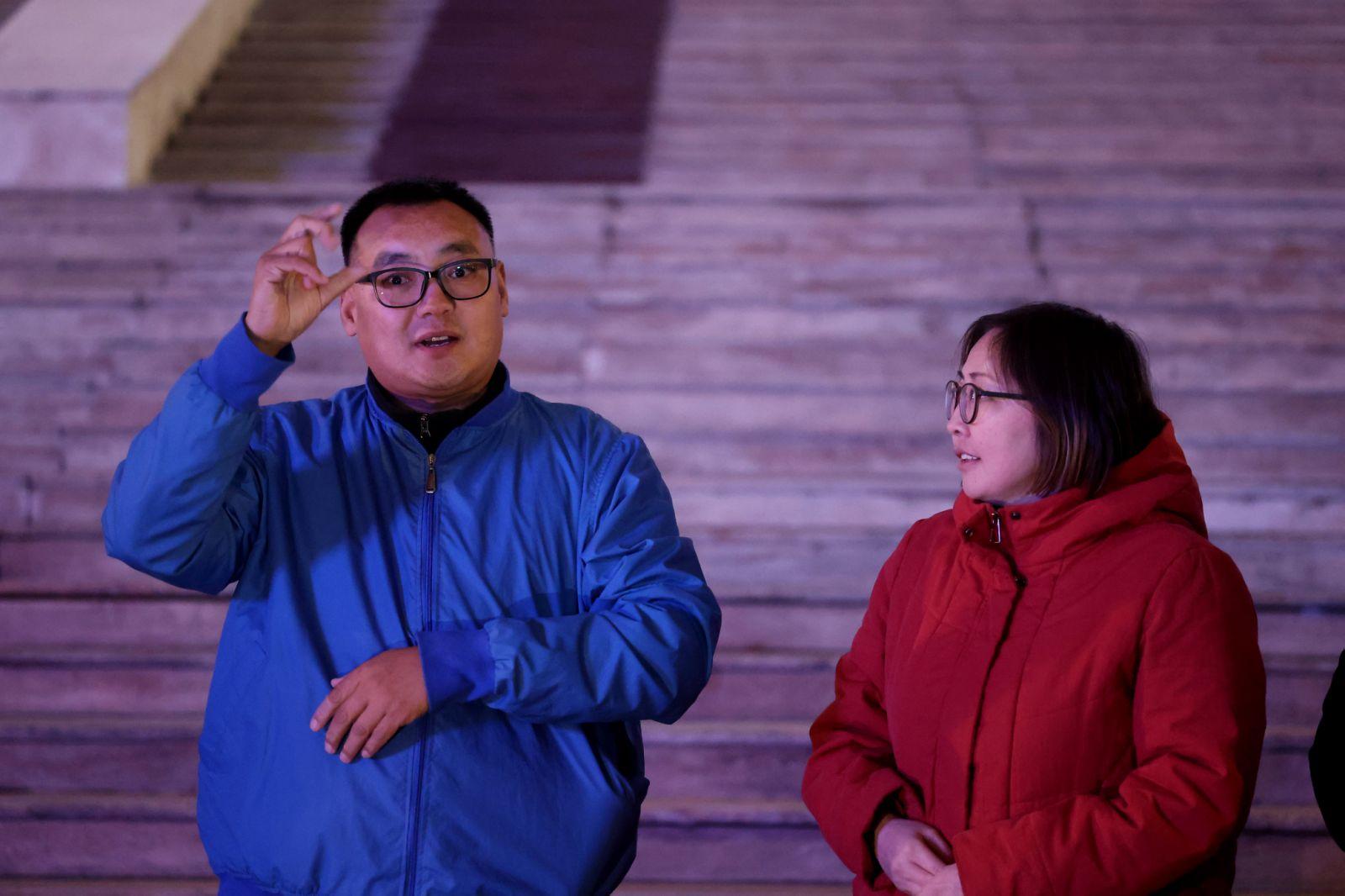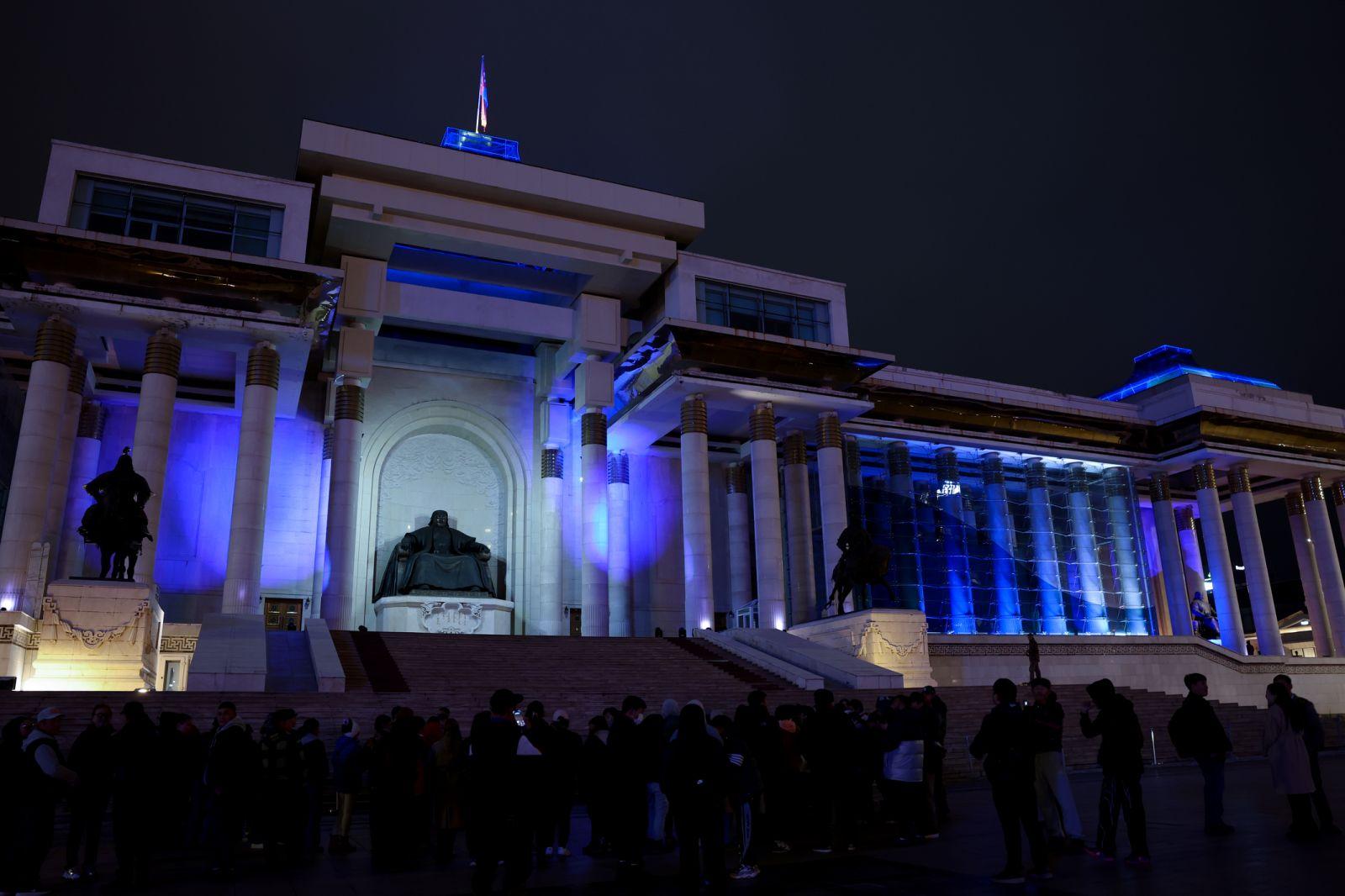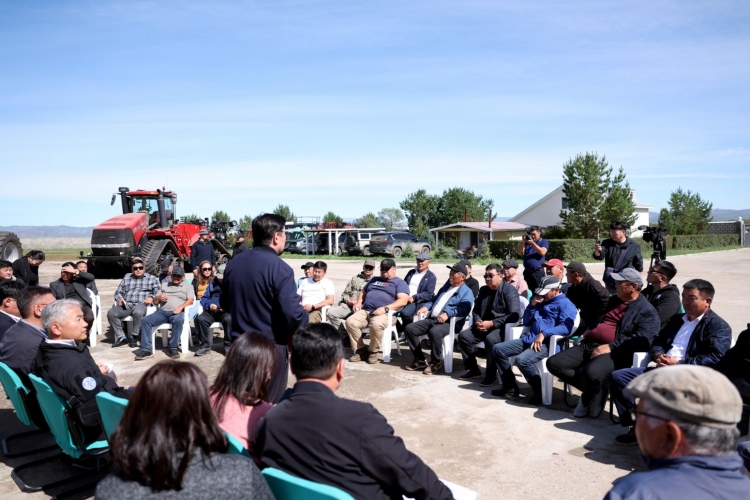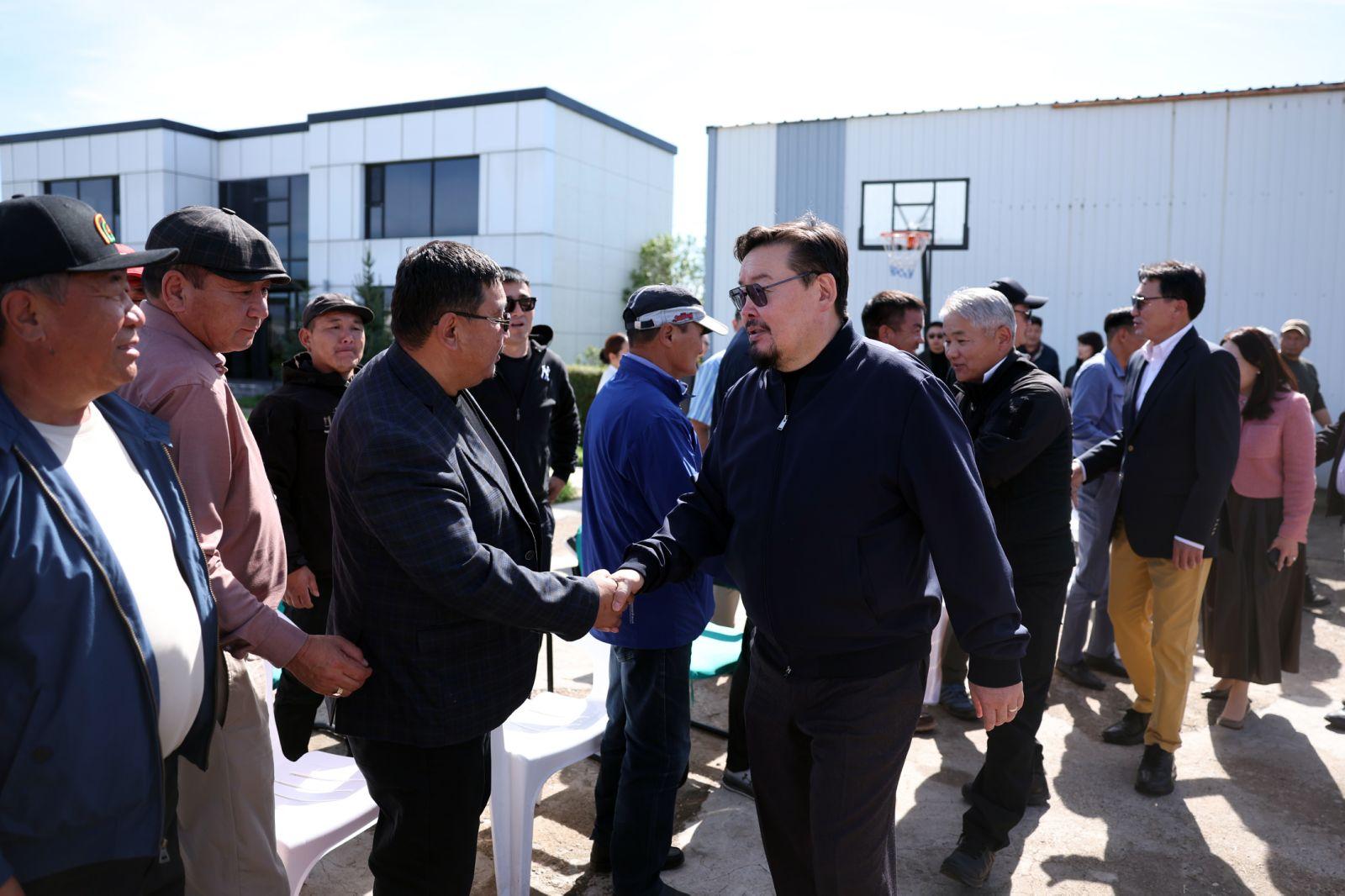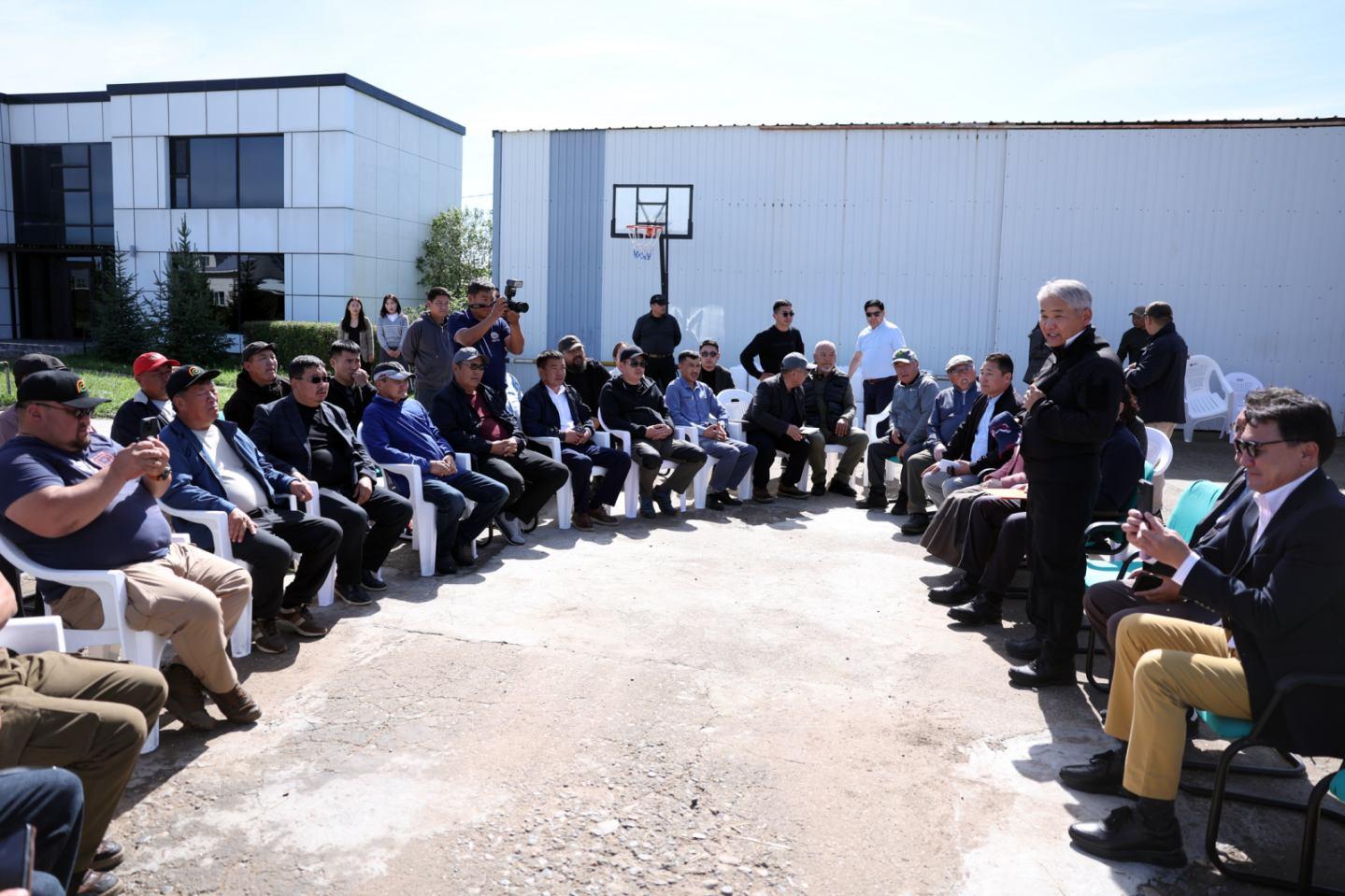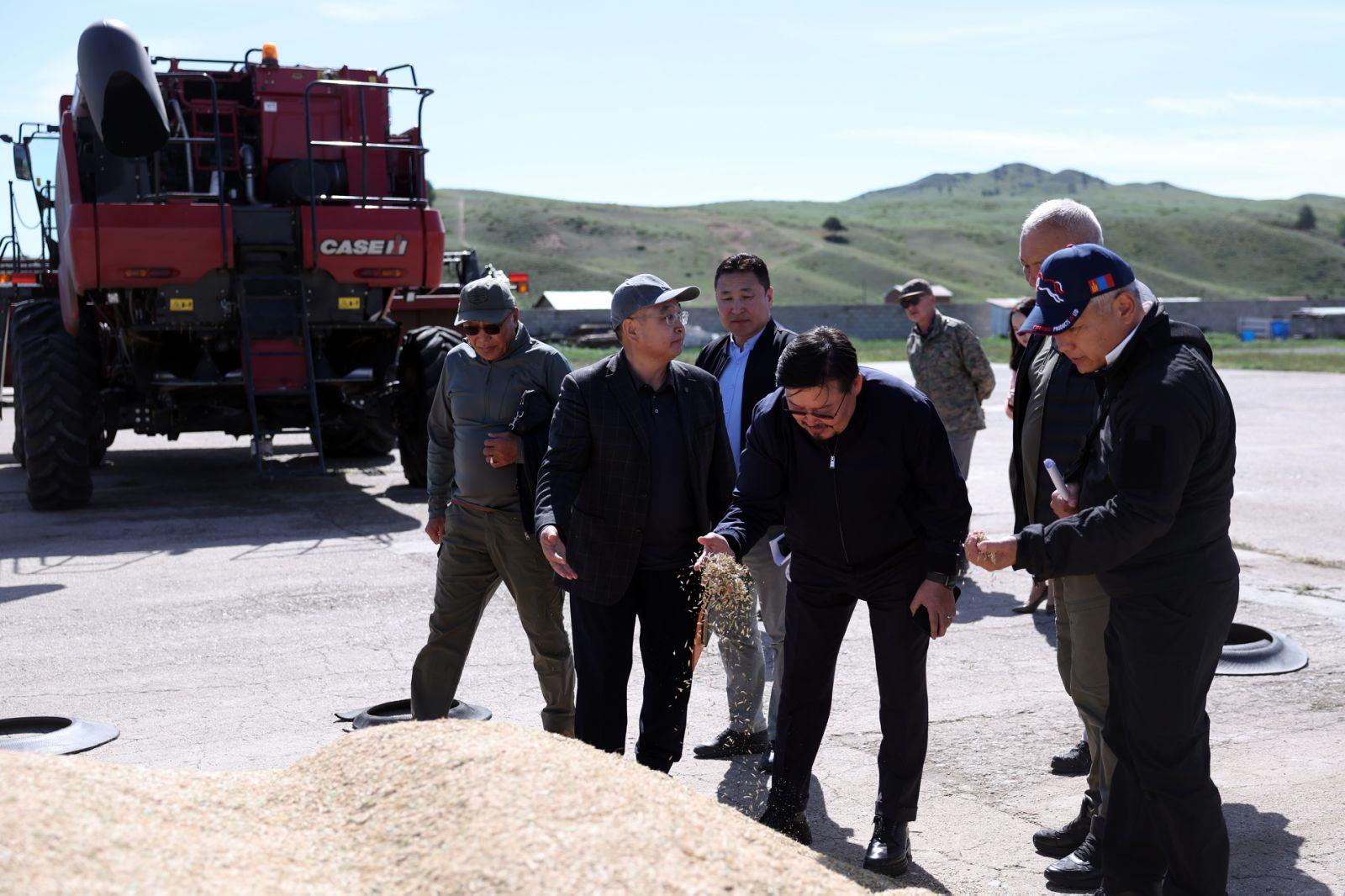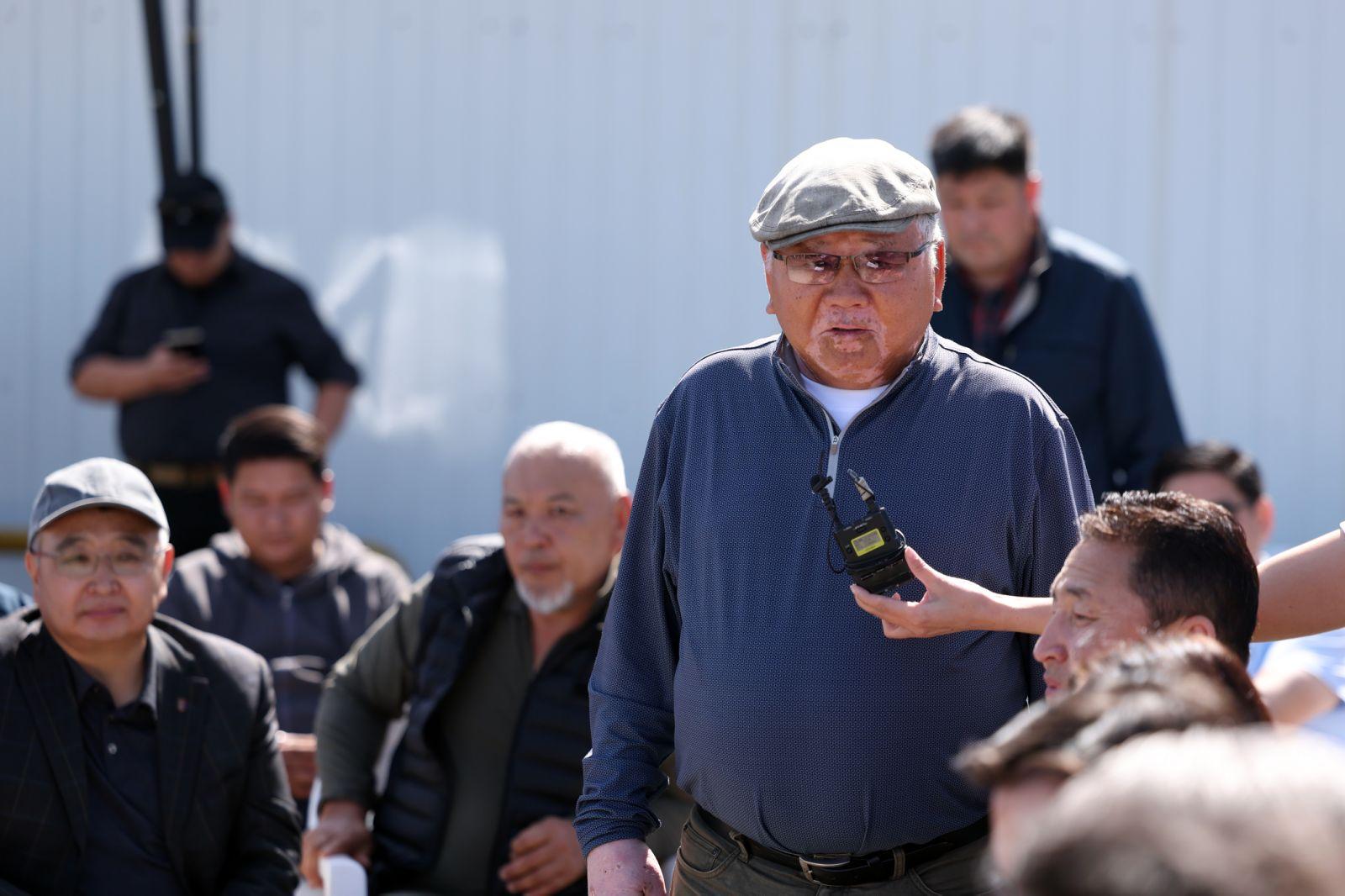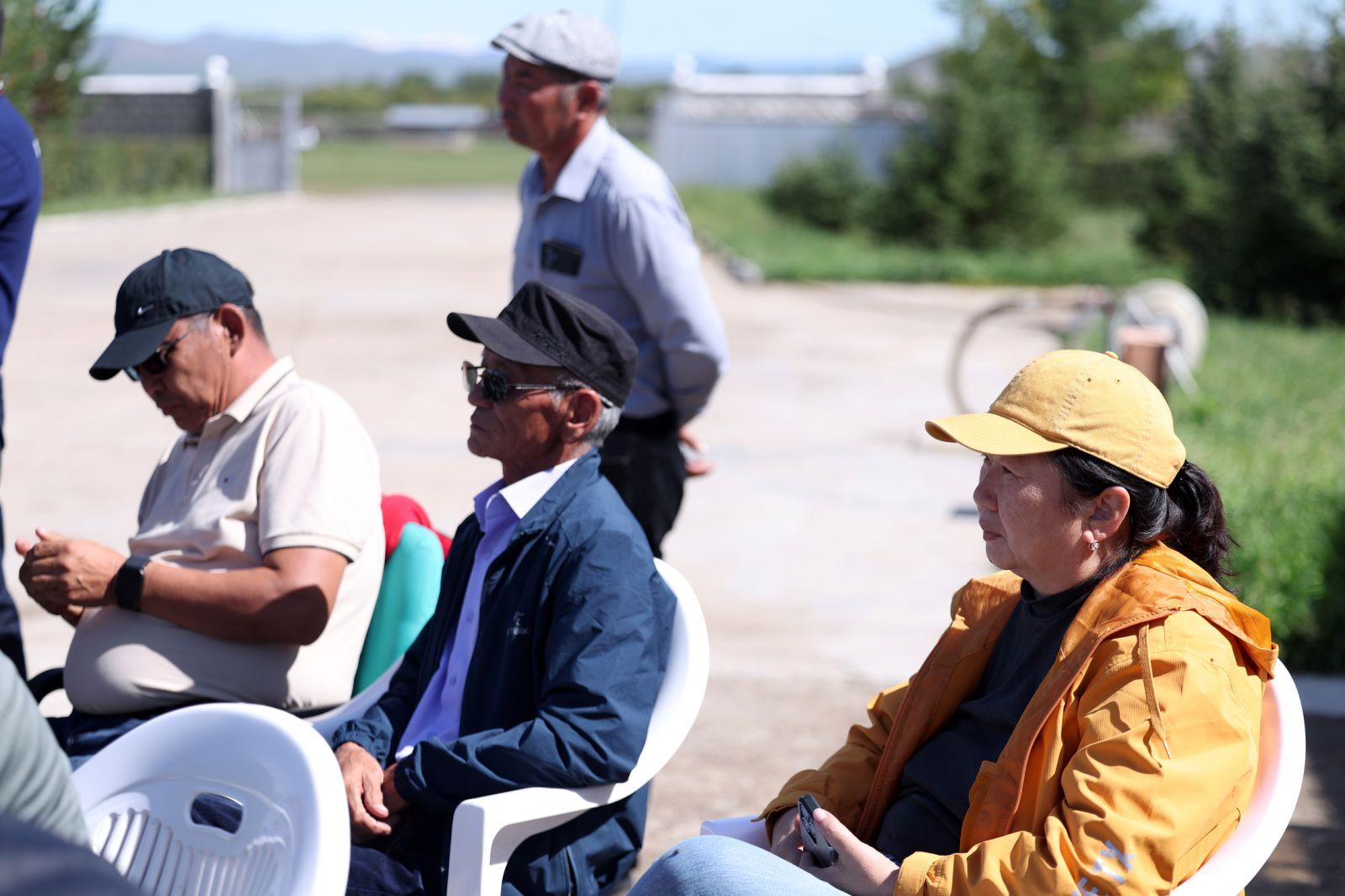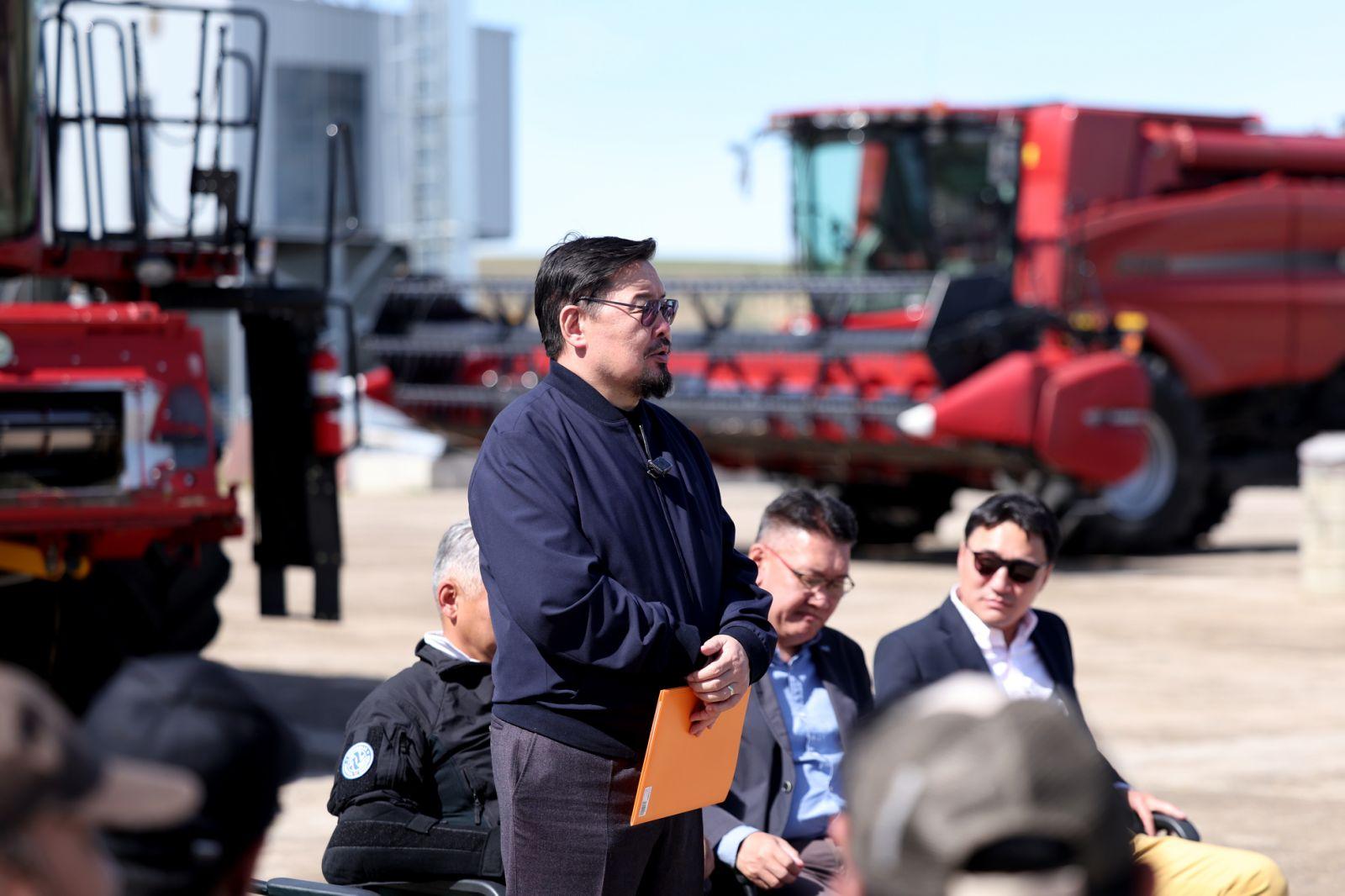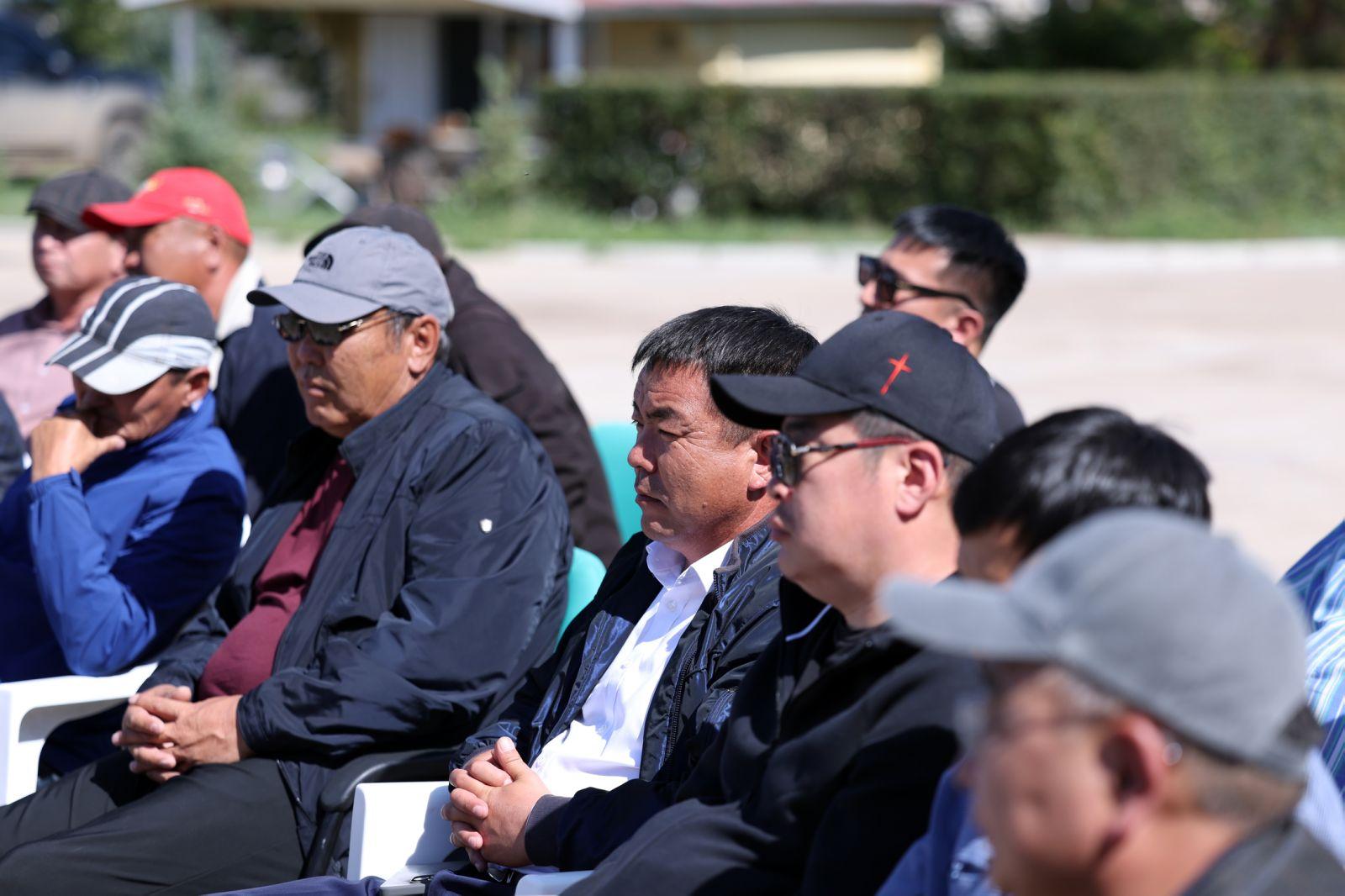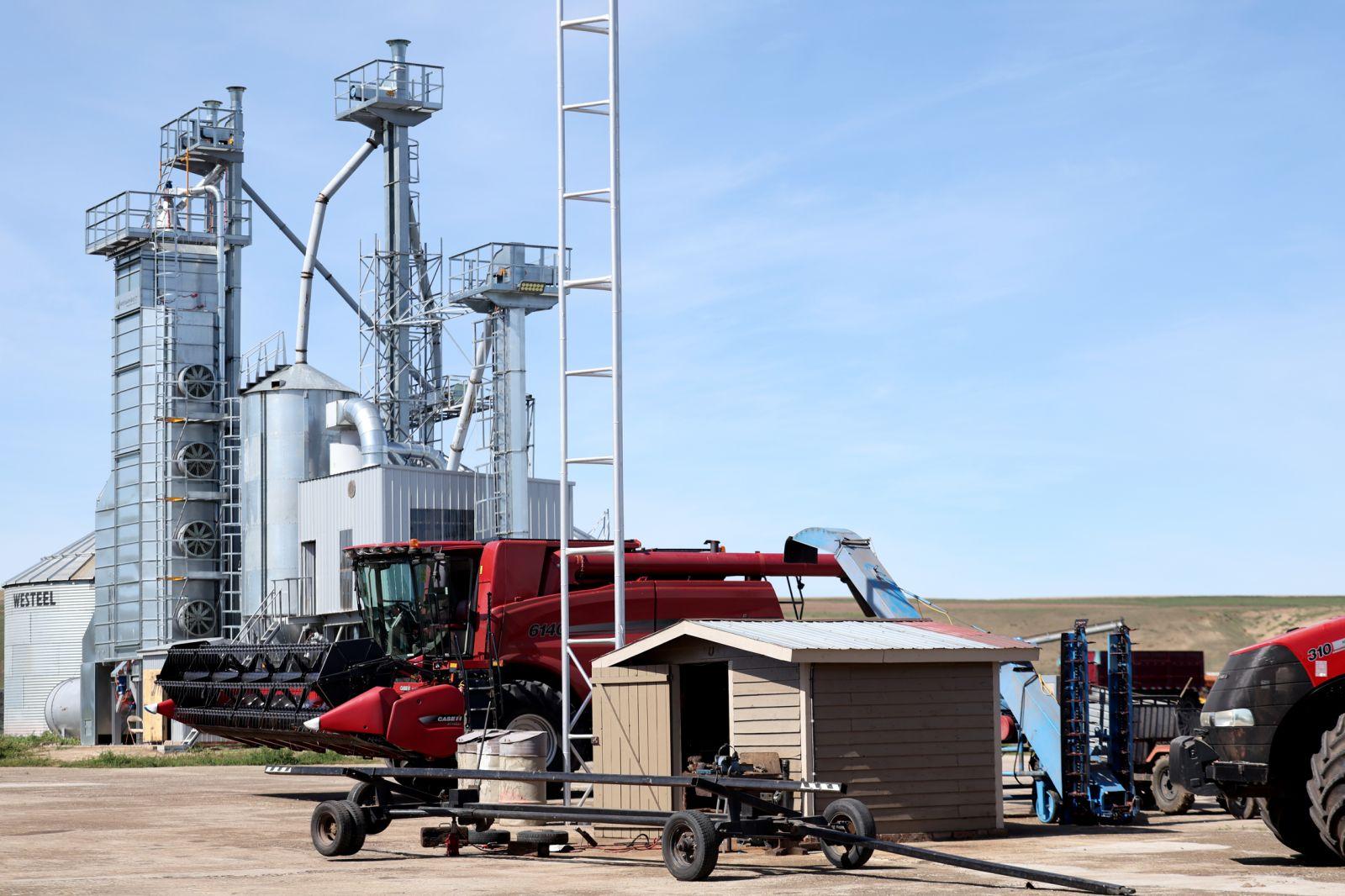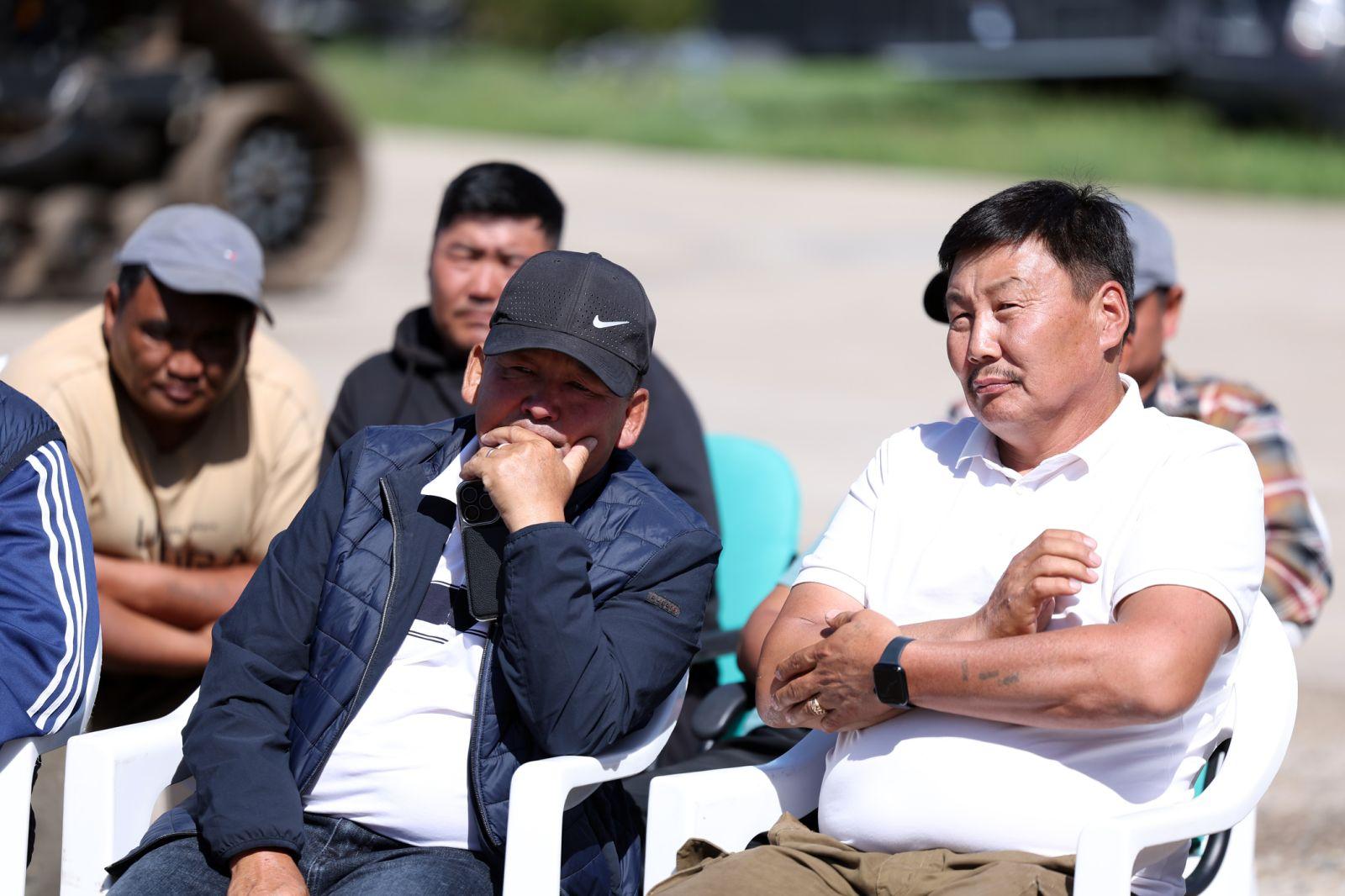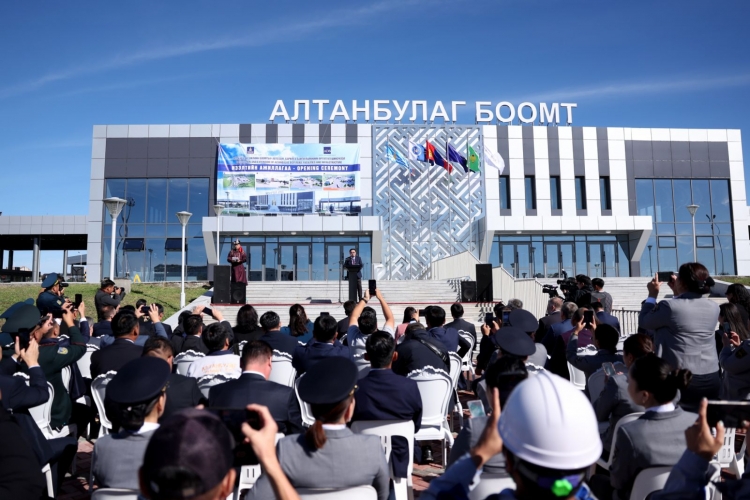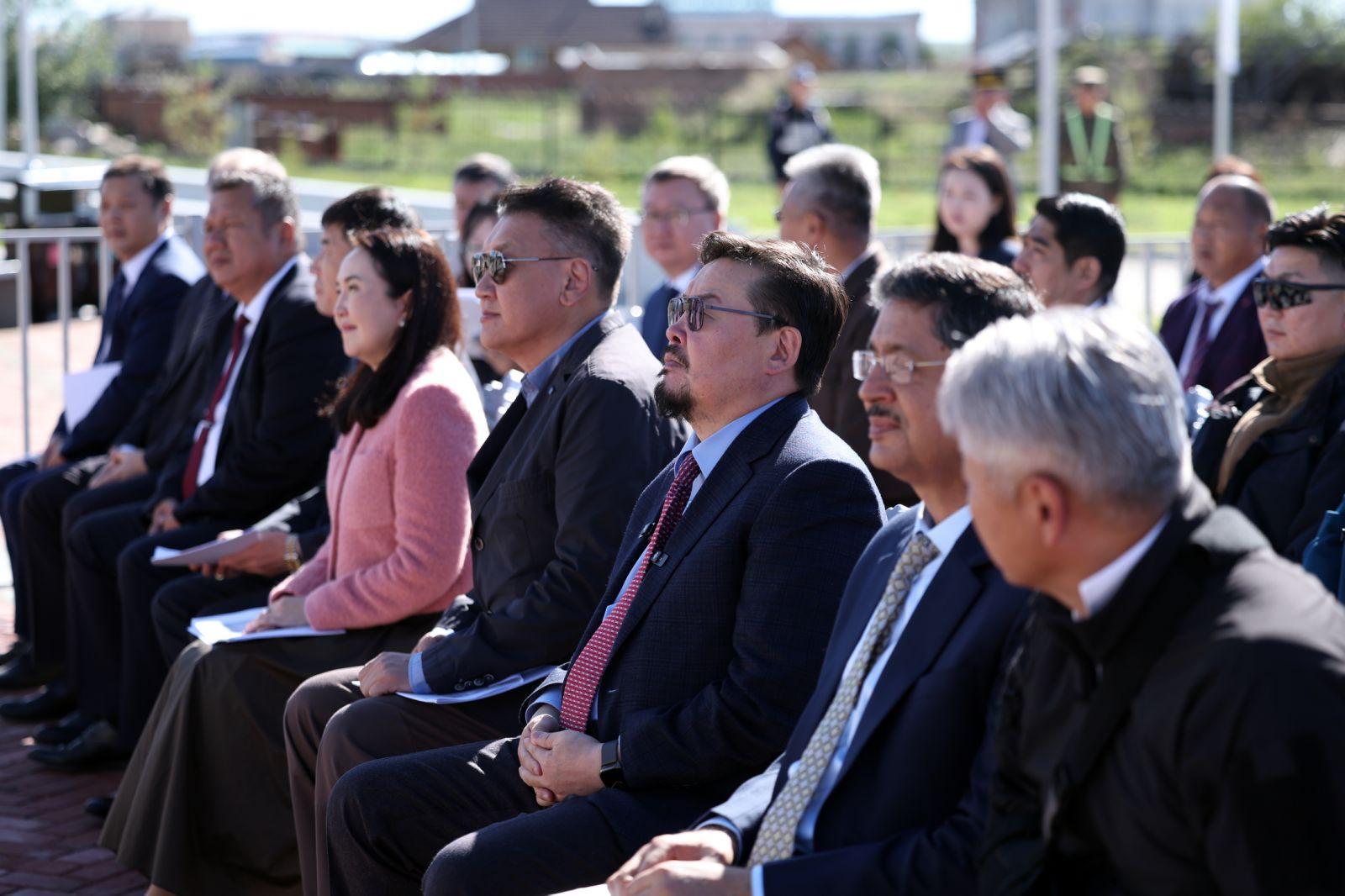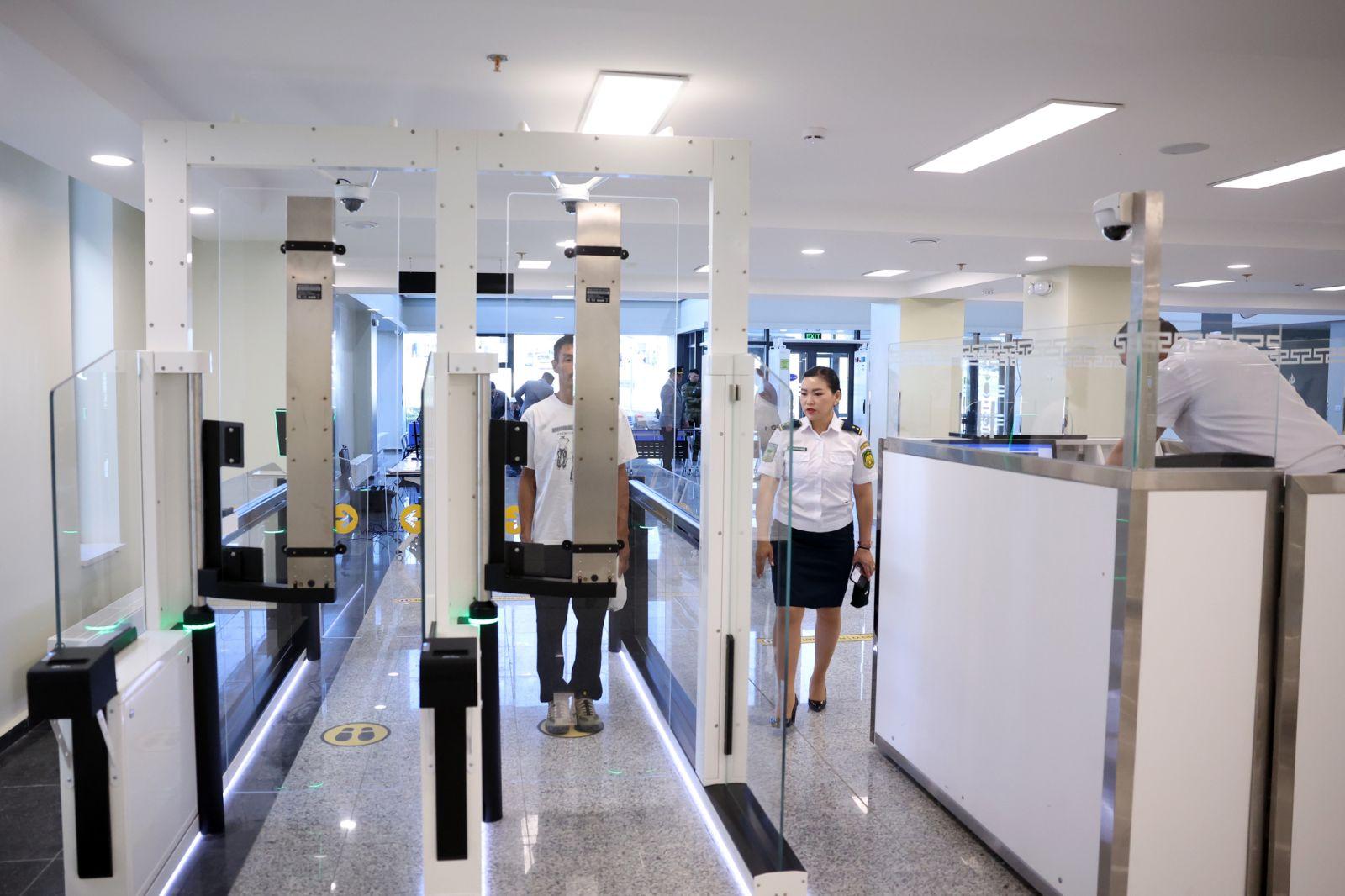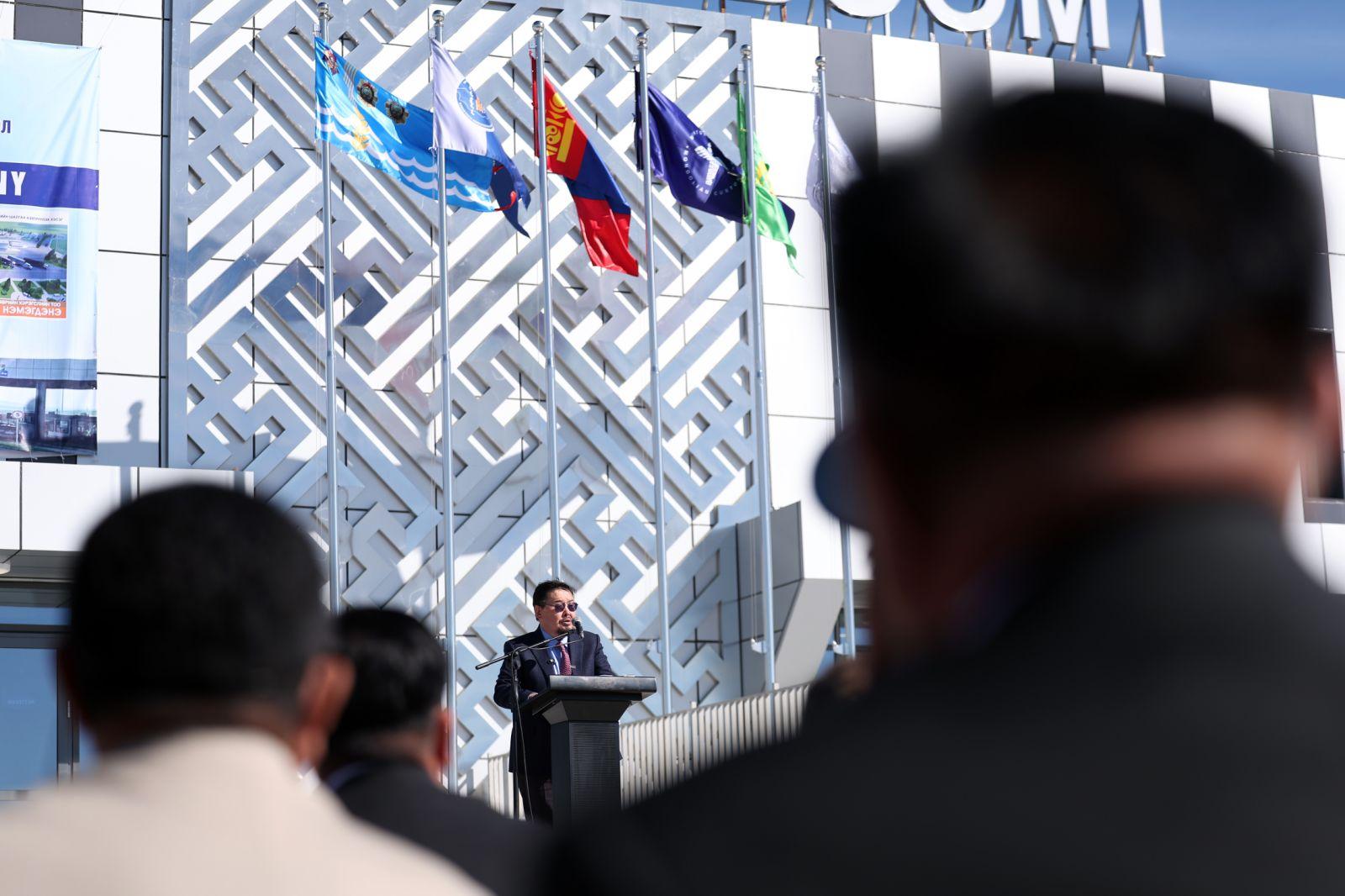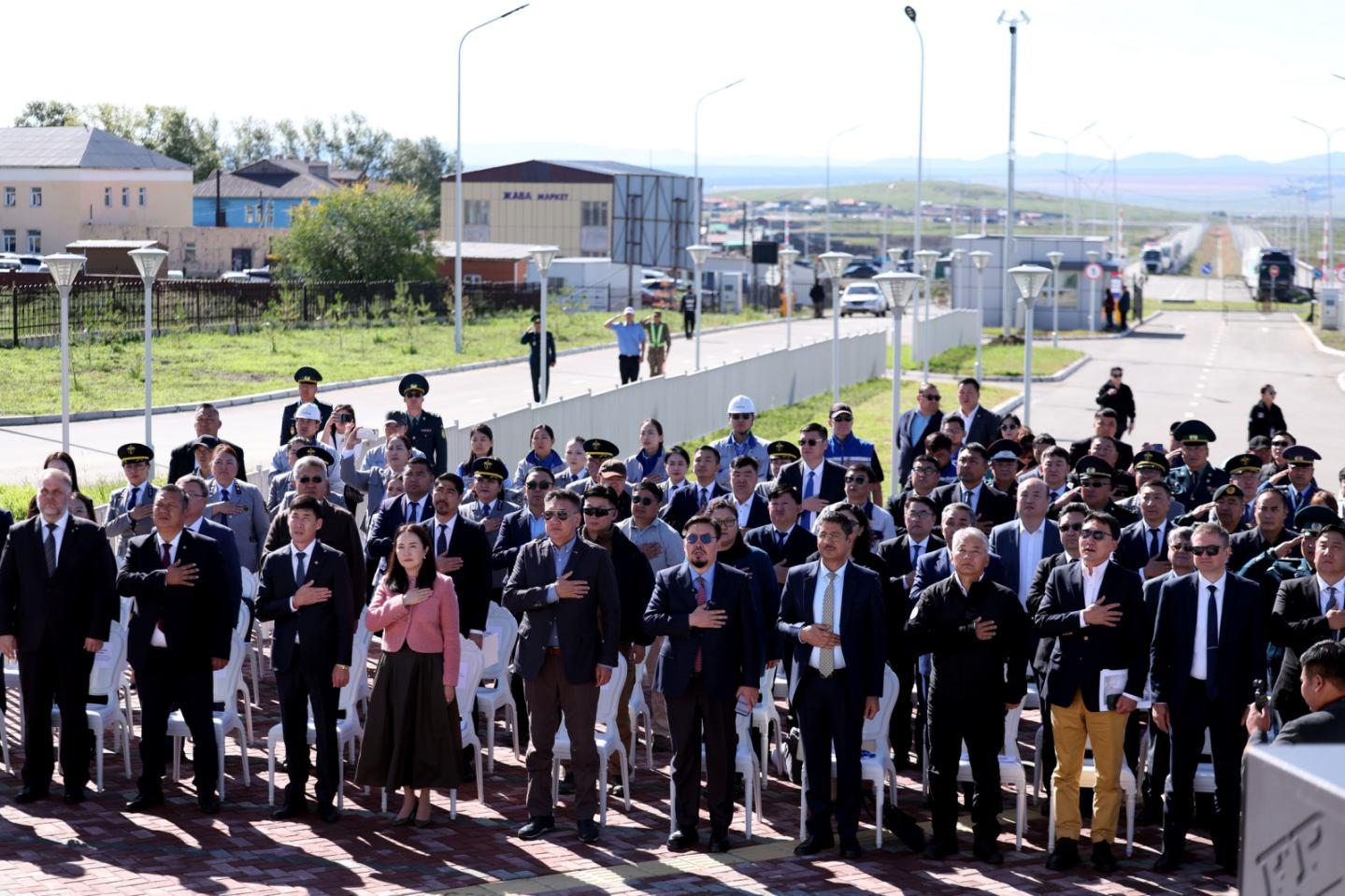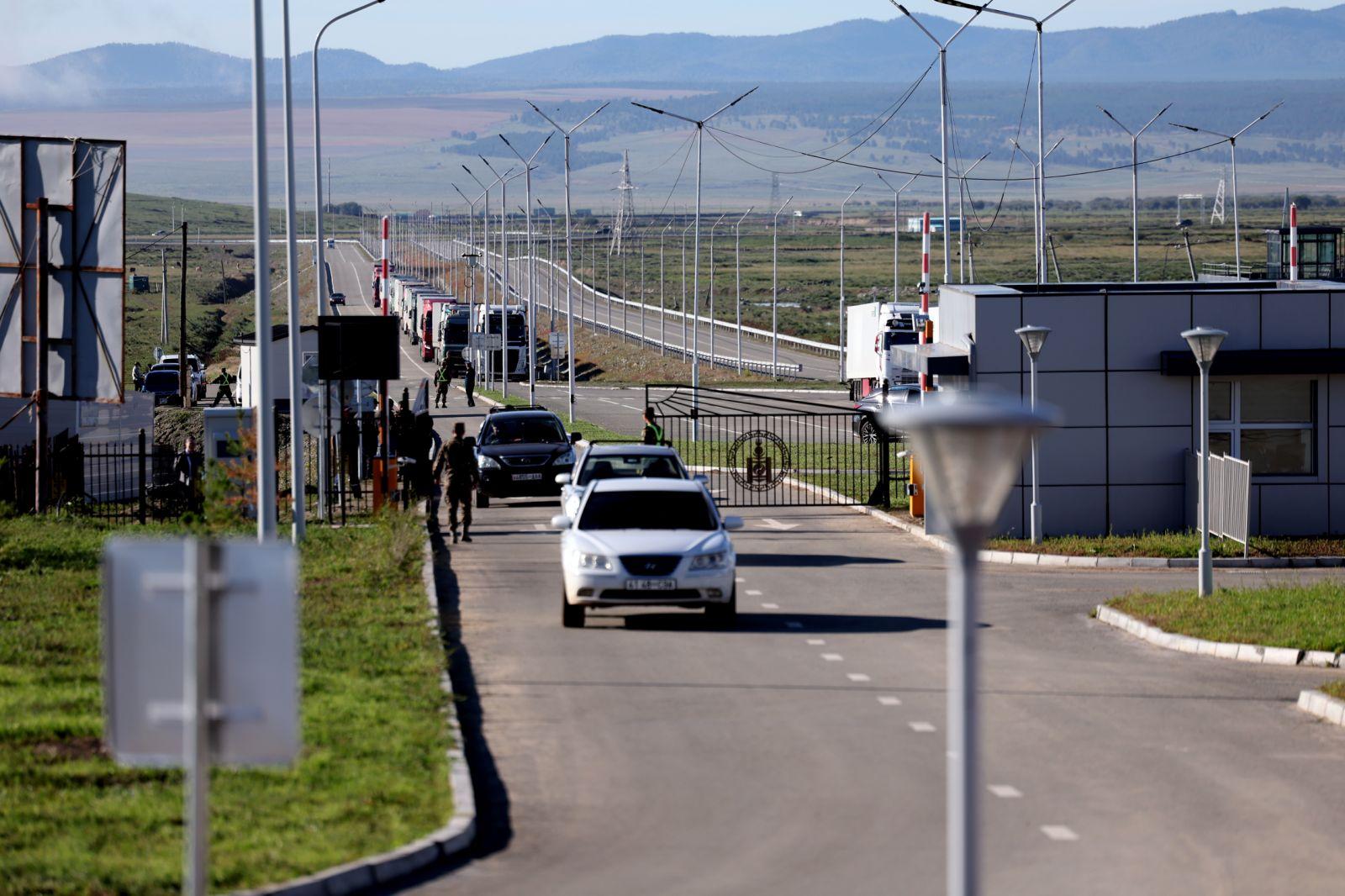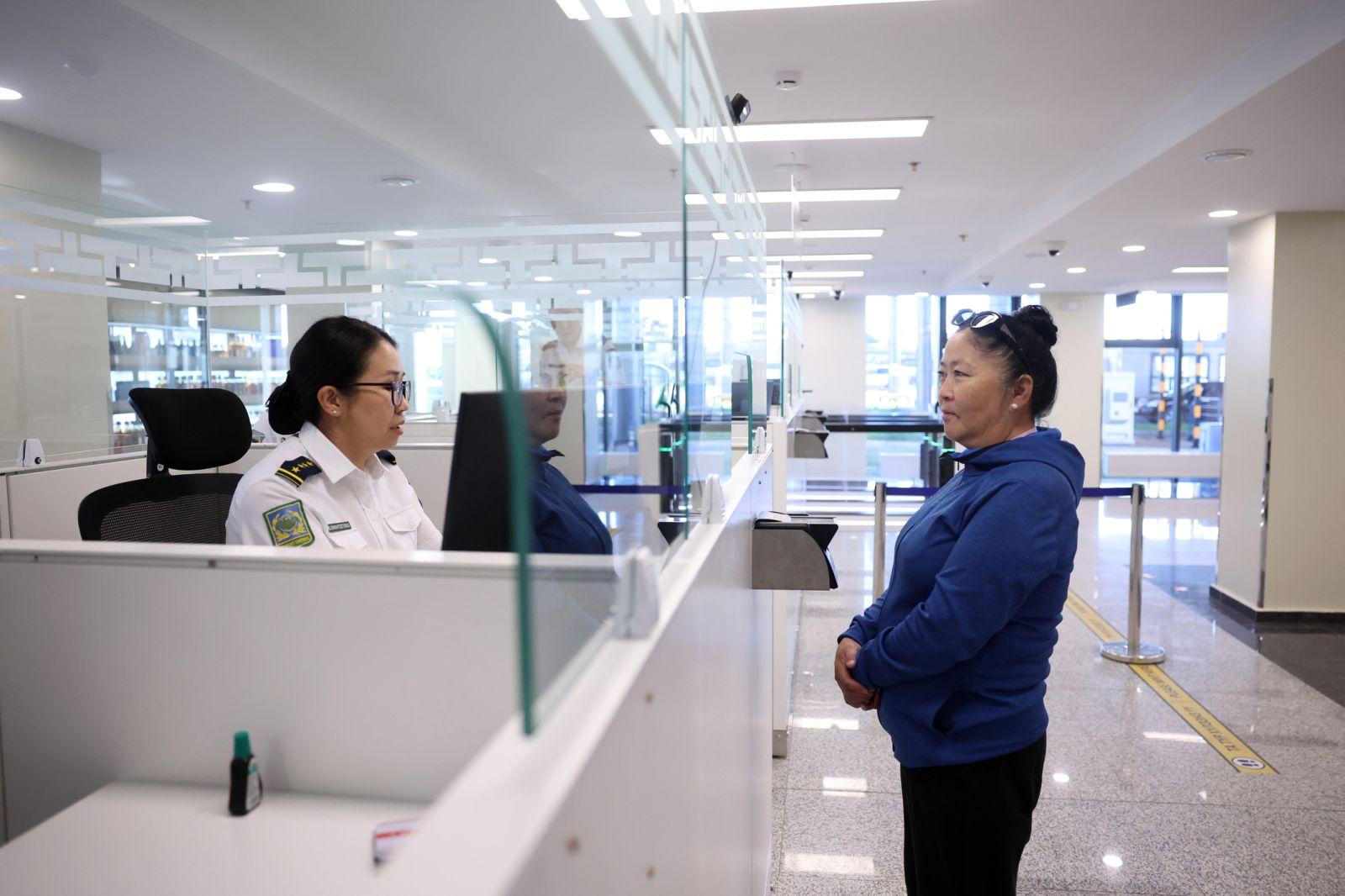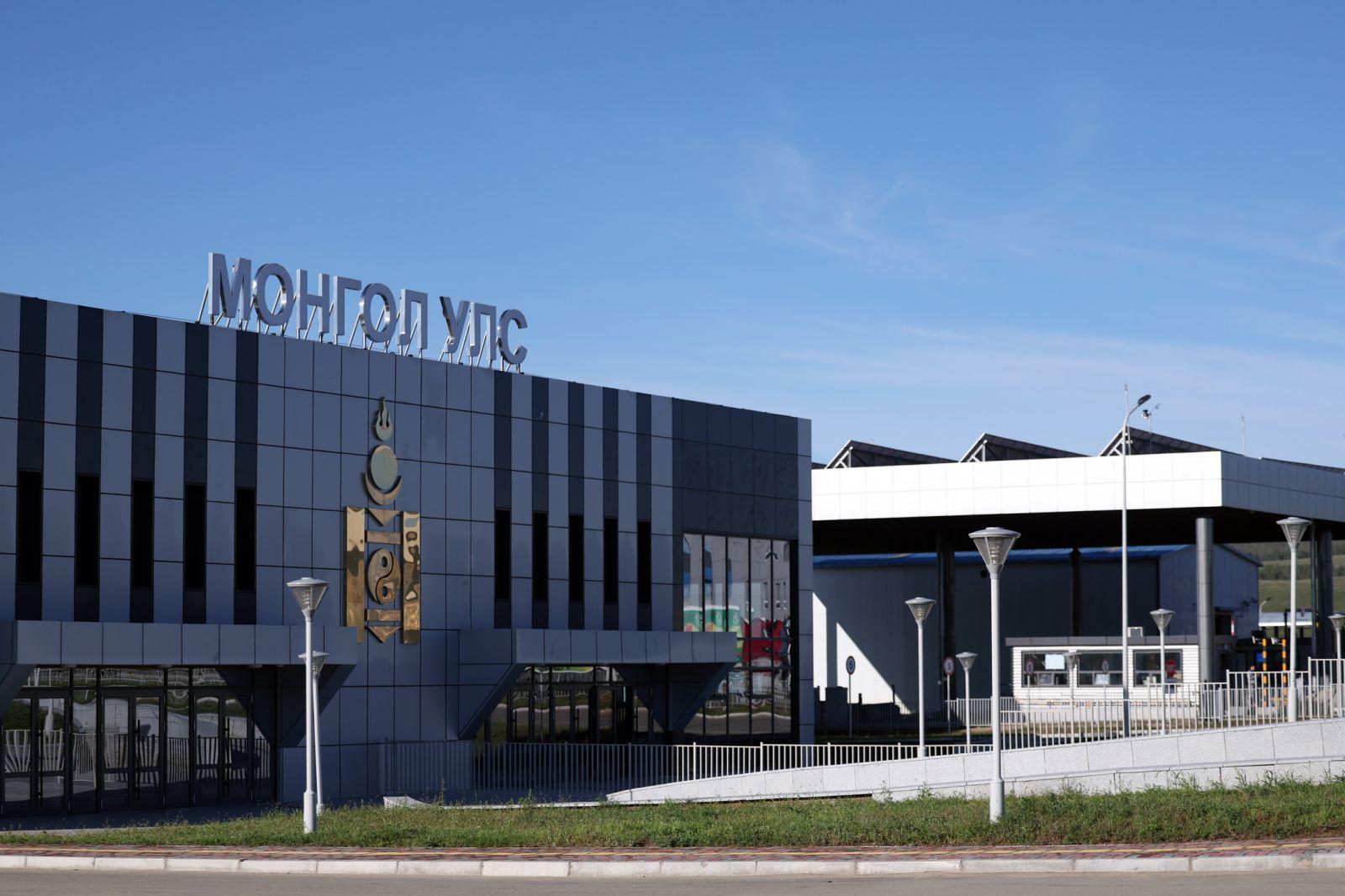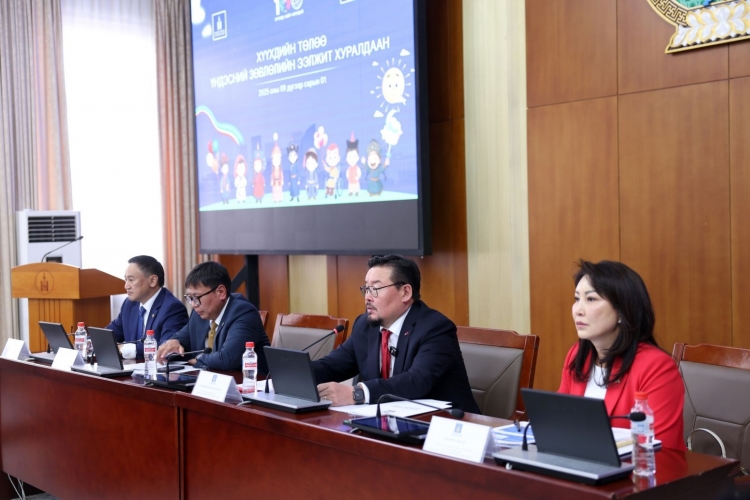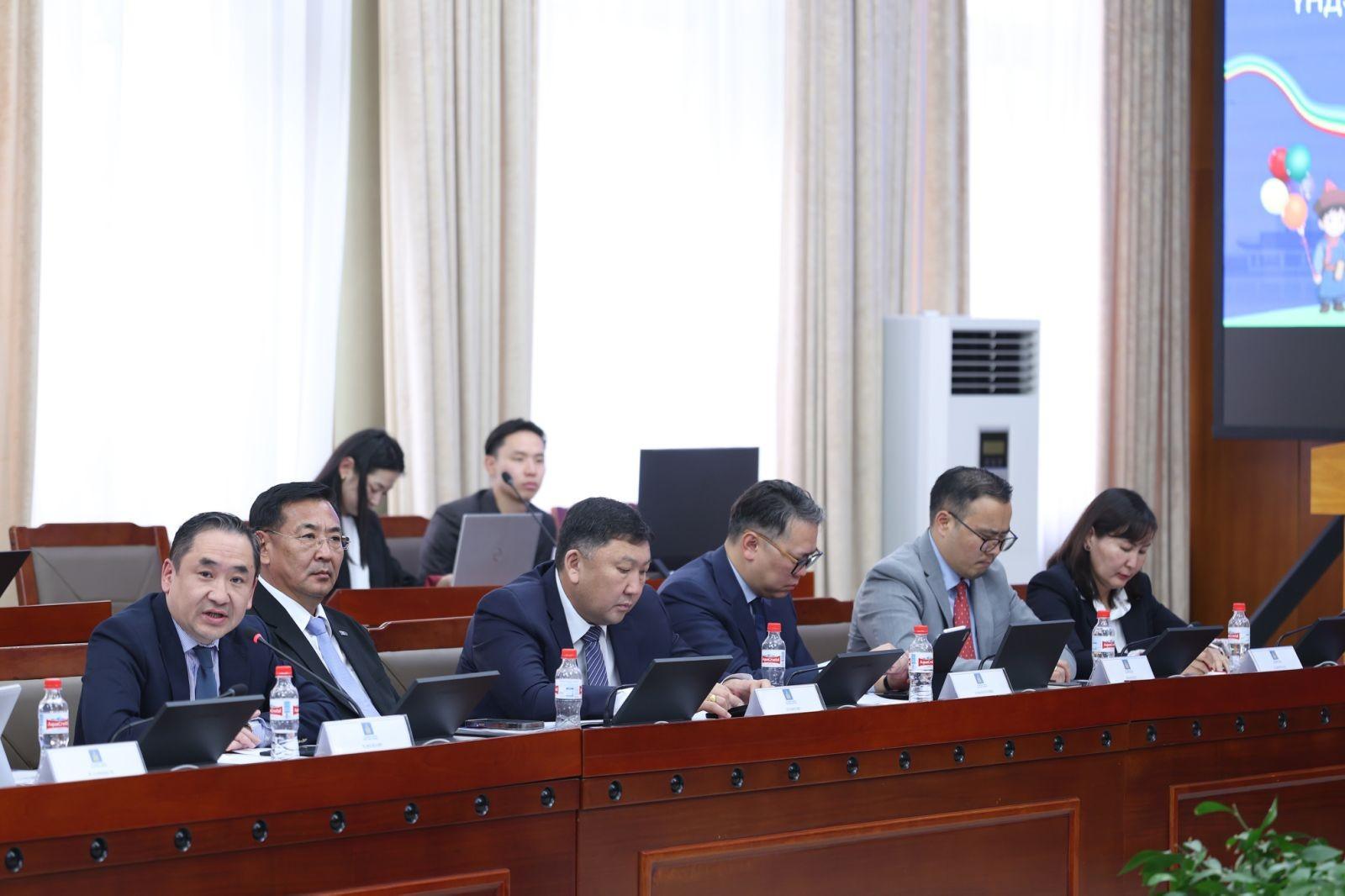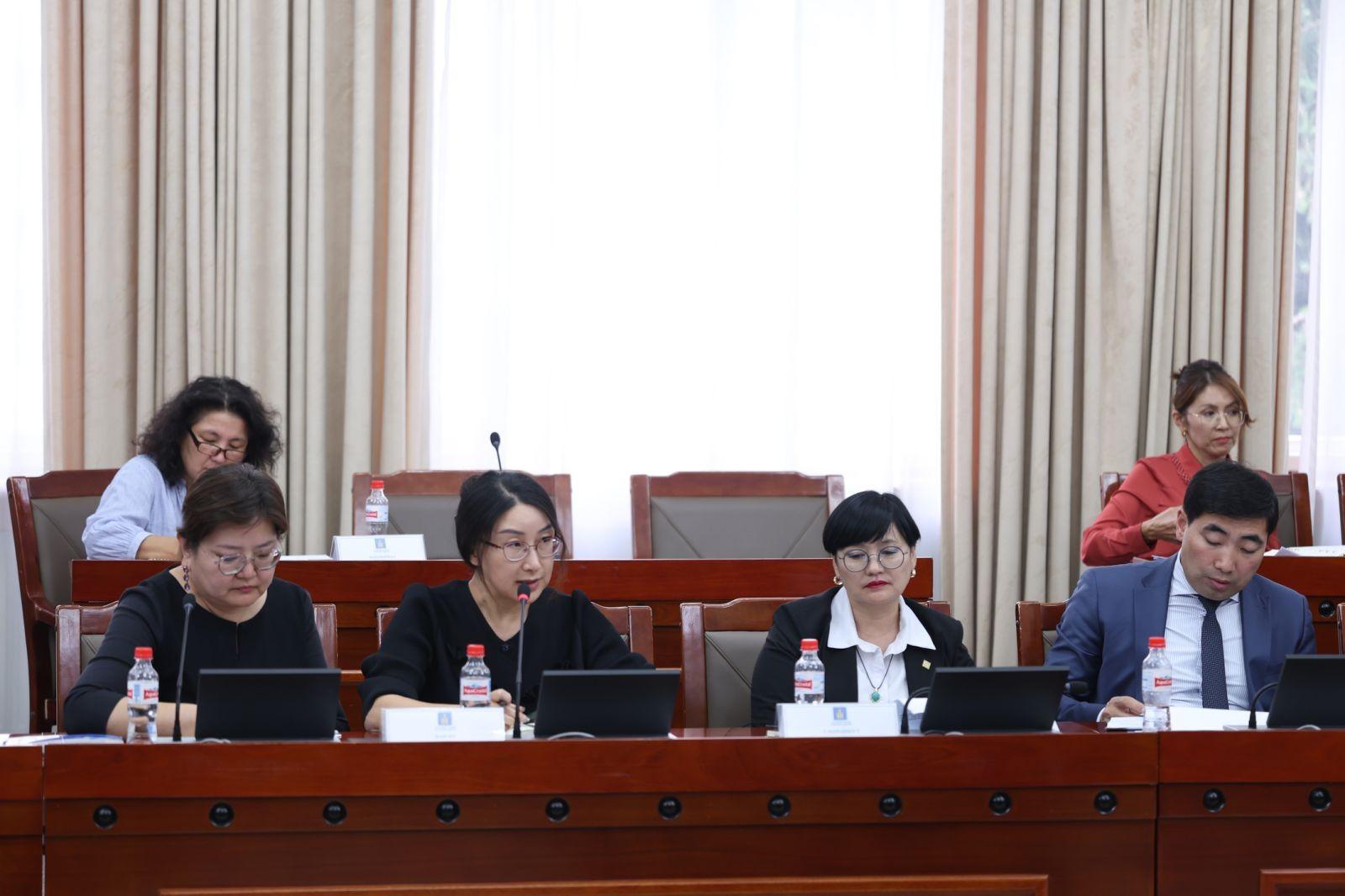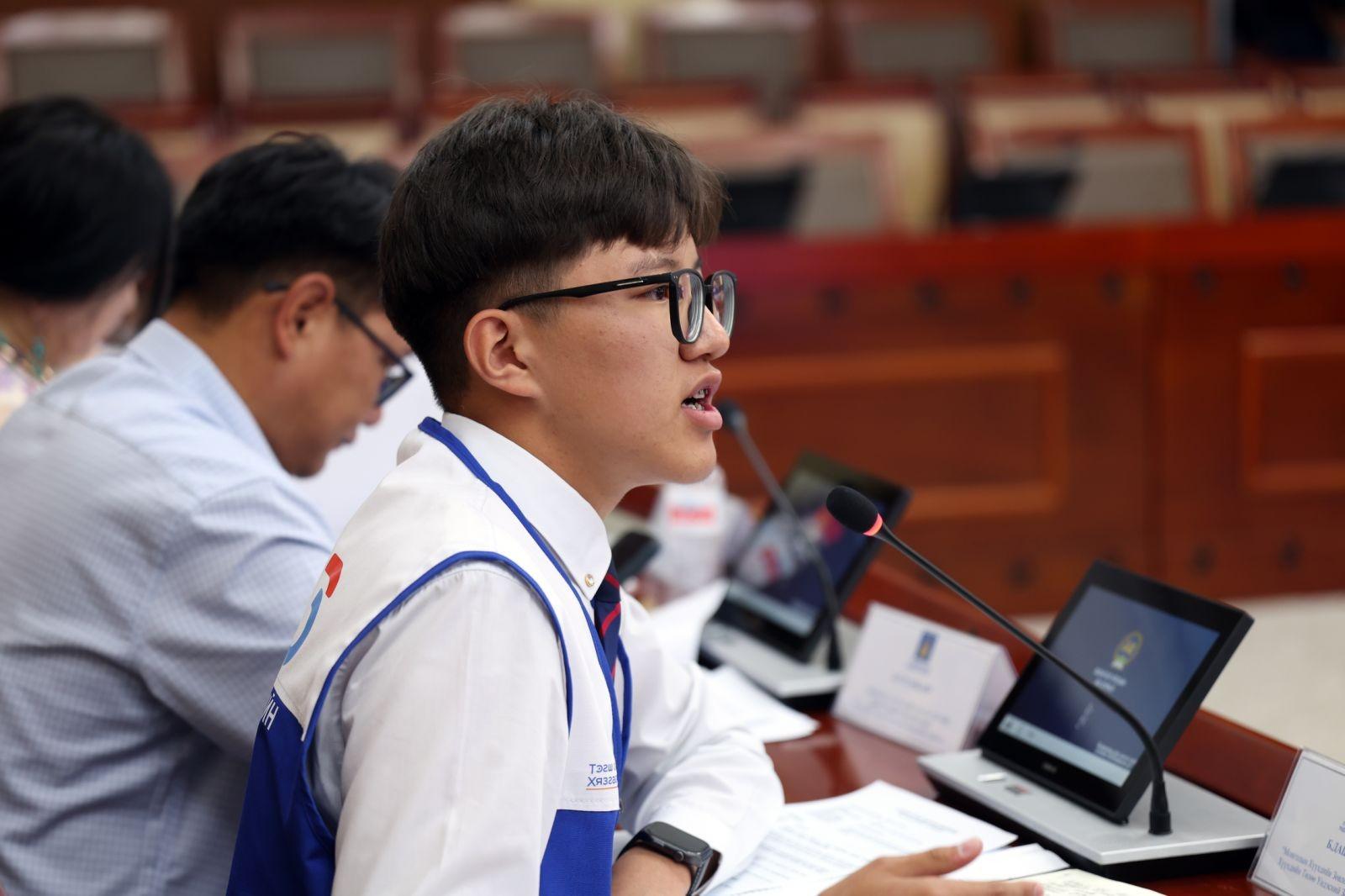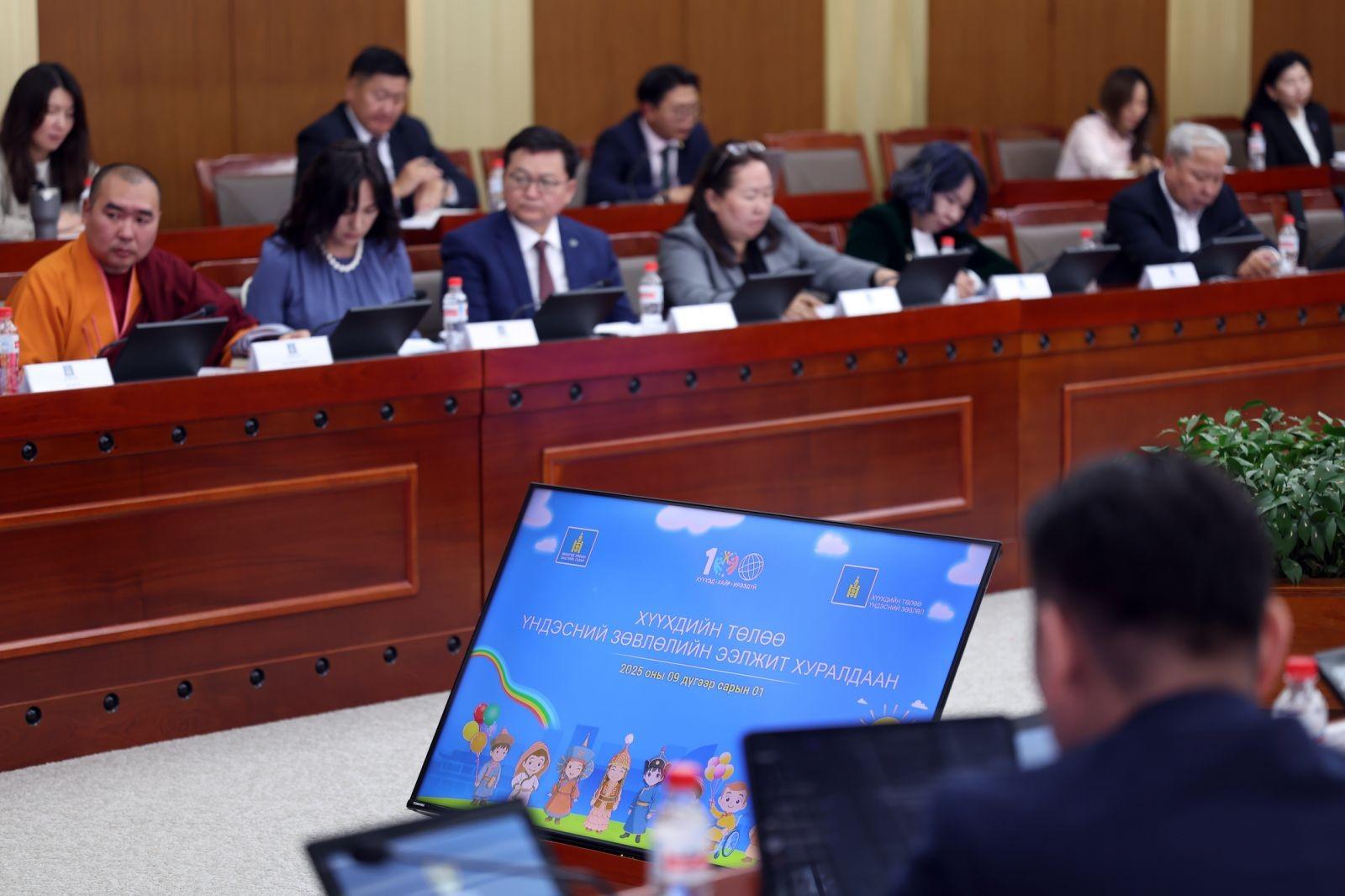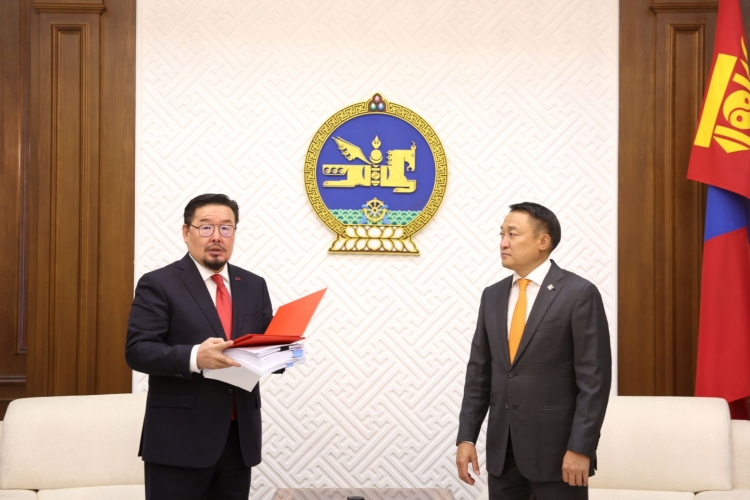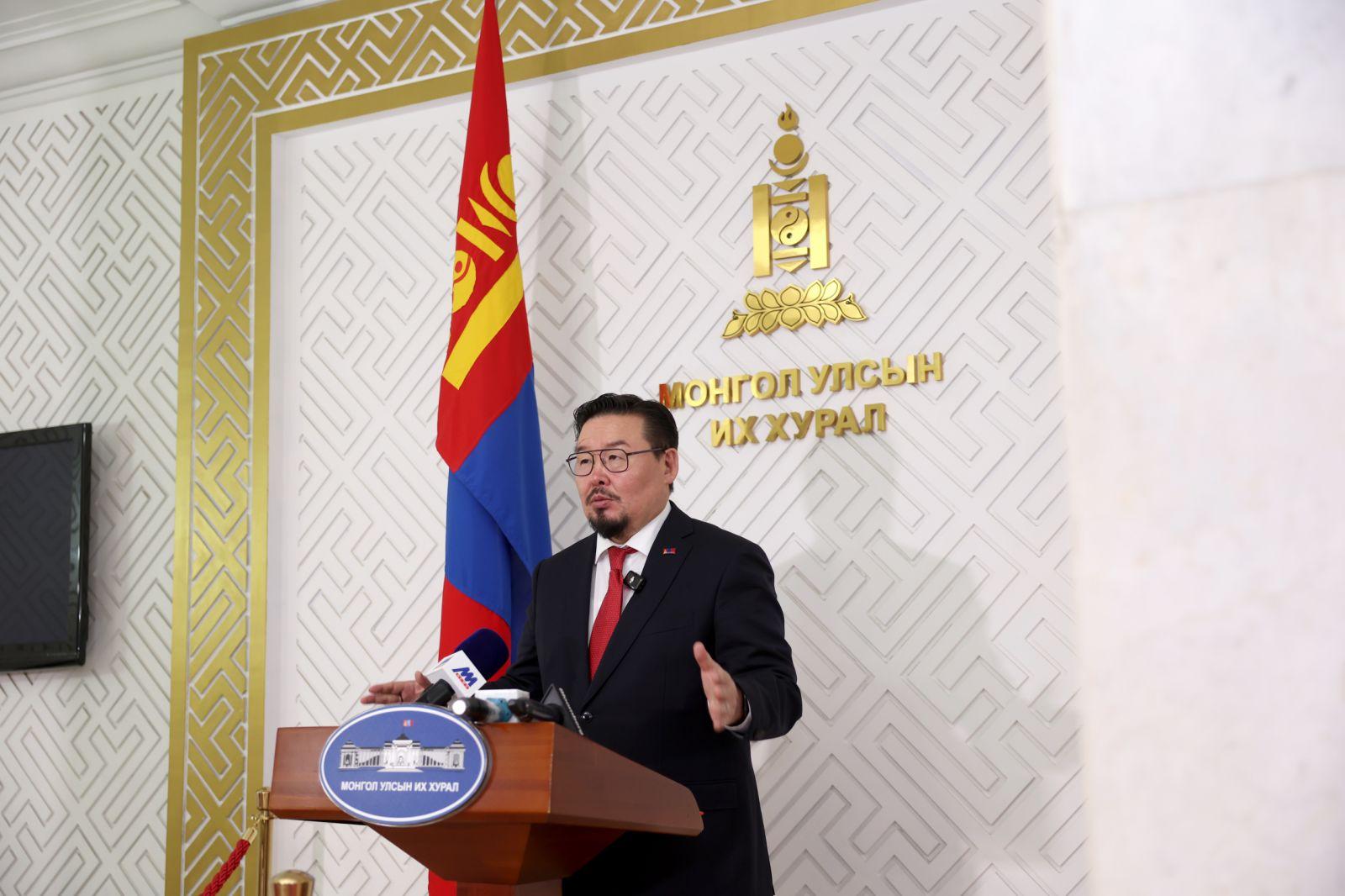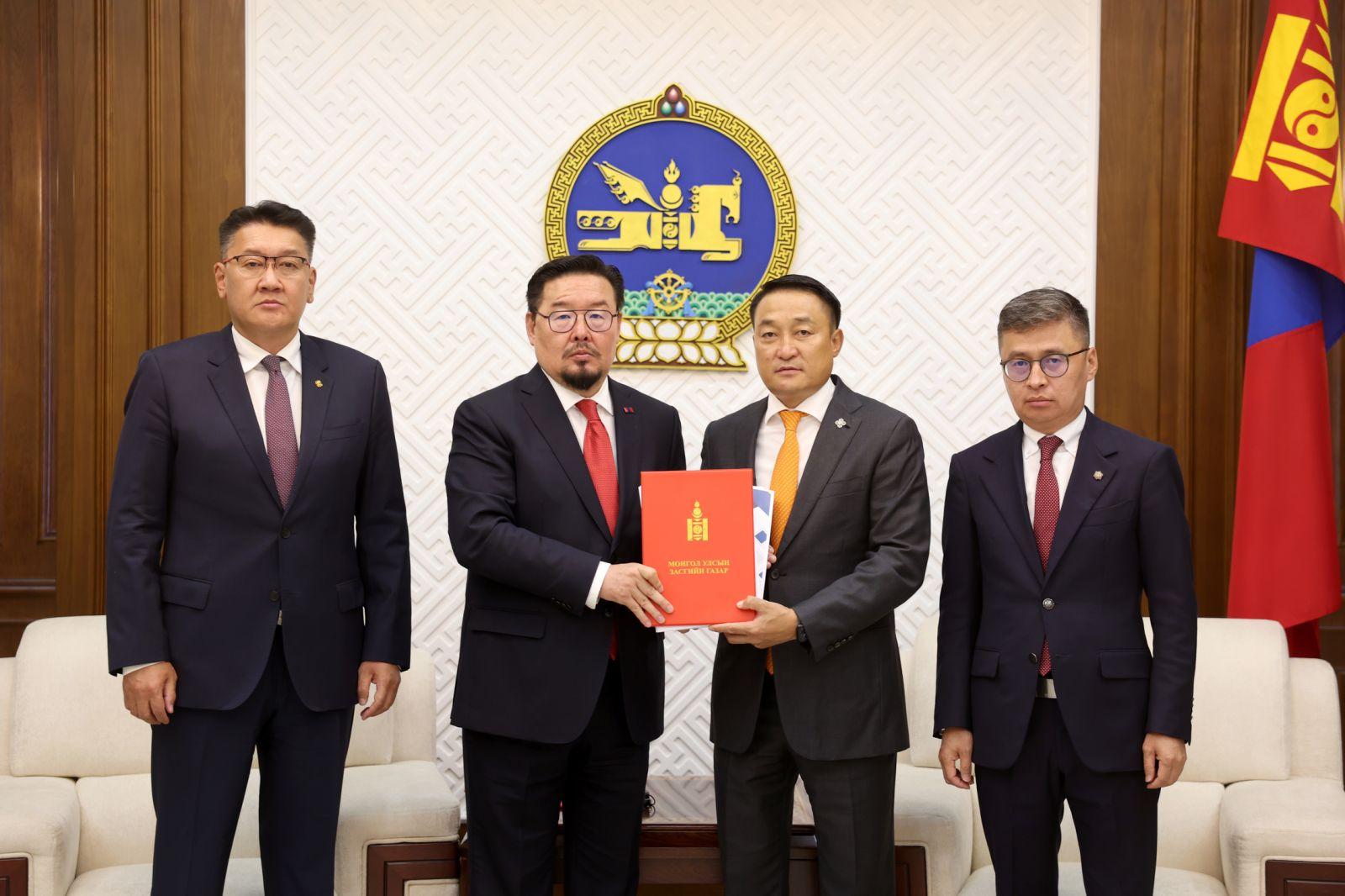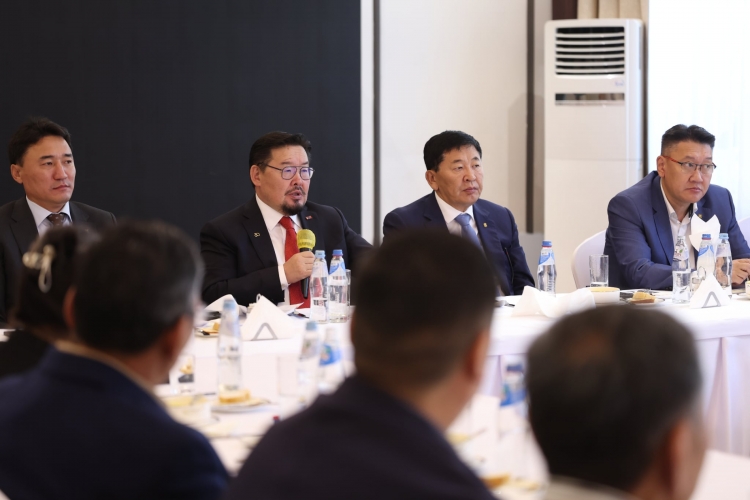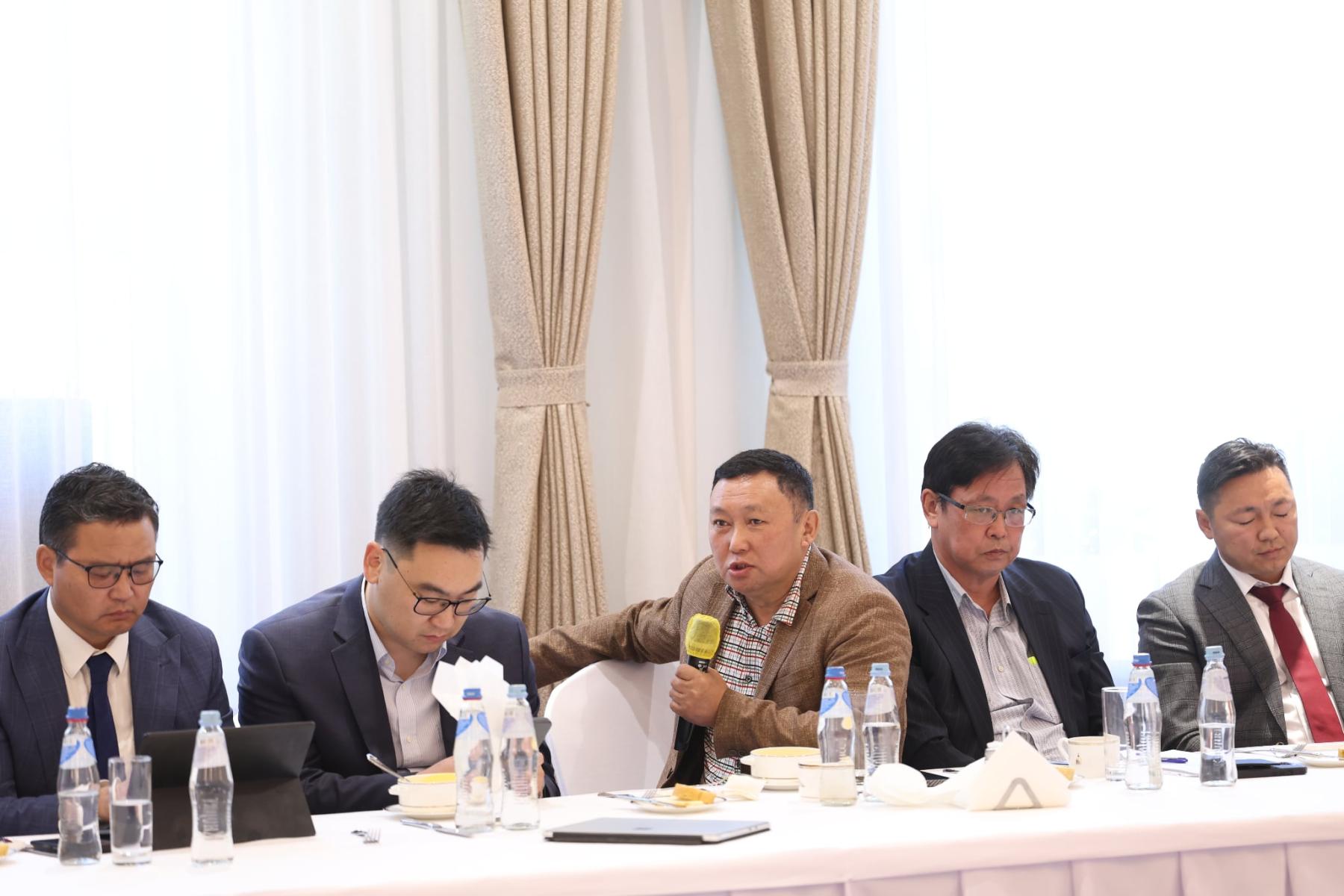At its regular meeting on October 1, the Cabinet discussed and resolved several key issues concerning energy restoration, social welfare, foreign economic cooperation, and the 2026 state budget.
Energy Restoration Efforts
A major focus of the meeting was the ongoing restoration of Thermal Power Plant III, which experienced an accident at its high-pressure section. The Ministry of Energy reported that five major measures are underway to restore operations, including equipment replacement and reconstruction of fire-damaged facilities.
Three packages of work, now 90 percent complete, are scheduled for completion before the peak winter demand, while the remaining two will be finalized before the following winter. With prompt financial and legal support from the Government, restoration has progressed successfully. Officials emphasized that disruptions in Ulaanbaatar’s heating supply have been eliminated, while electricity production is expected to reach 50 percent of last year’s level. The remaining demand will be met by new energy sources.
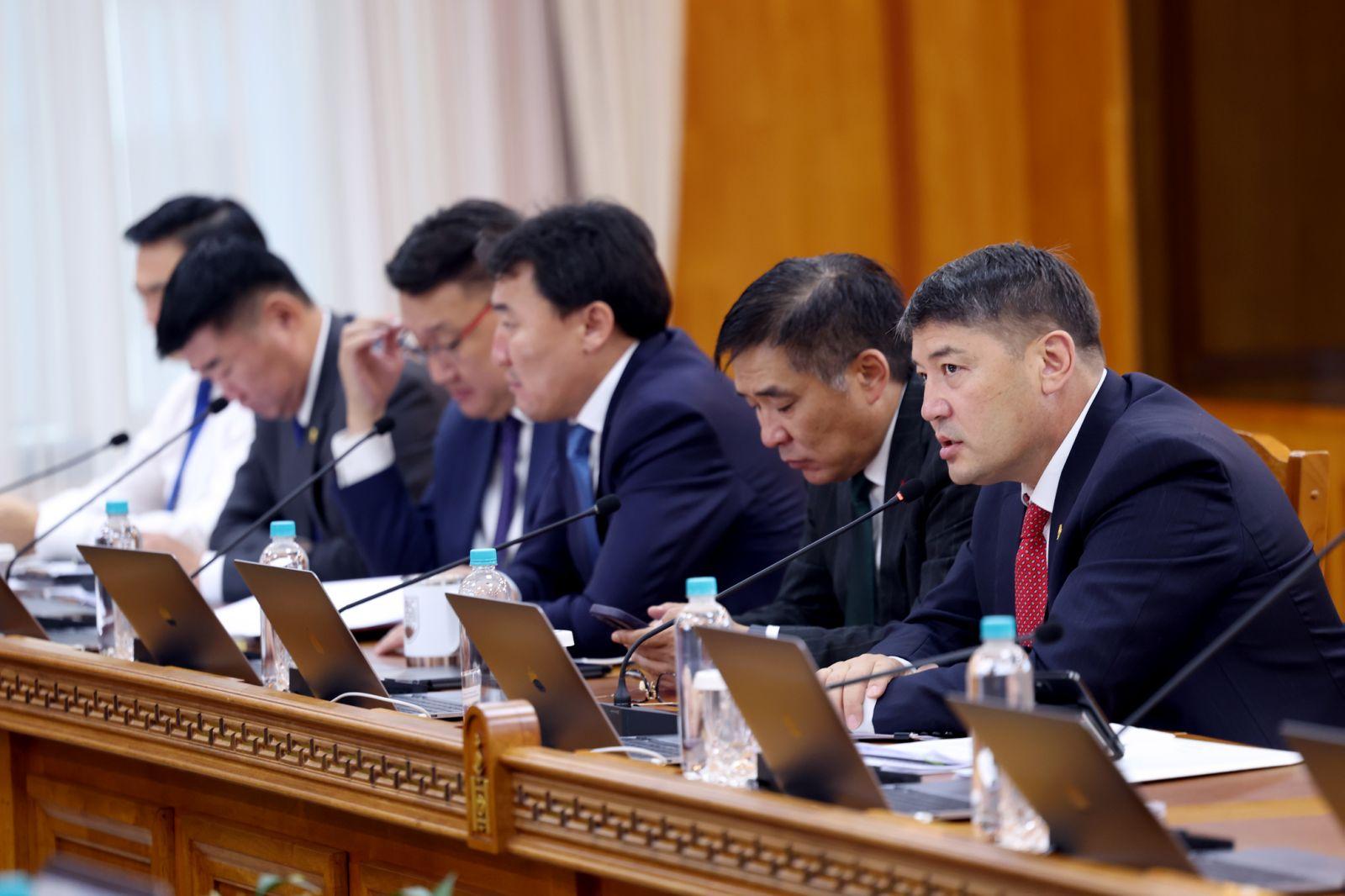
Revised Social Welfare Regulation
The Cabinet also revised and approved the Regulation on Aiding and Benefits to Persons with Developmental Challenges. First adopted under Government Resolution No. 197 in 2017, the regulation has been updated to simplify the provision of assistance from the Social Welfare Fund and to resolve challenges encountered in its implementation. Under the new rules, citizens will no longer be required to submit paper documents already available through the ehalamj.mn welfare system and the E-Mongolia public service platform.
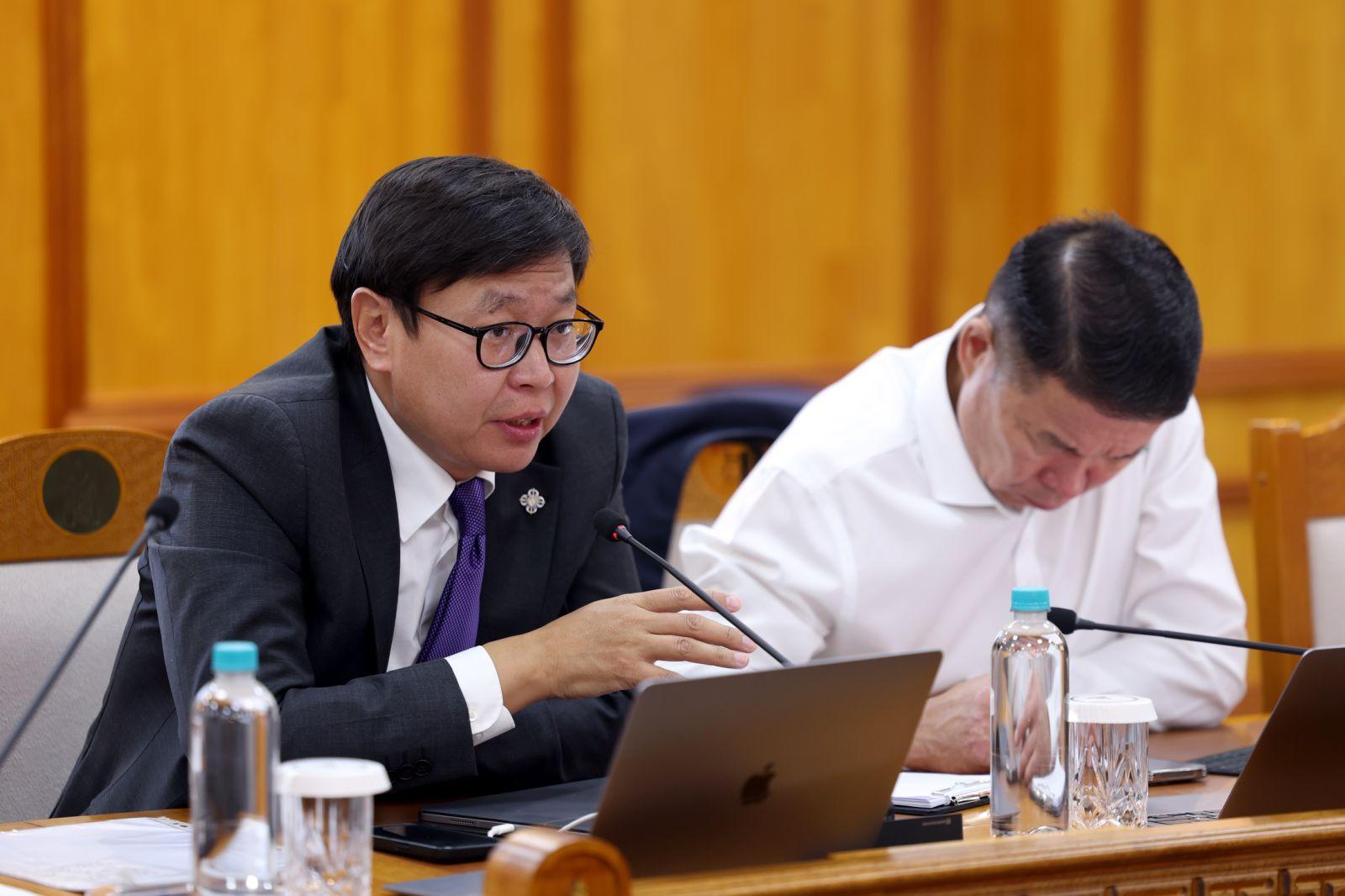
Cross-Border Economic Cooperation with China
In foreign economic cooperation, the Government approved the General Plan for the Joint Development of the Mongolia–China Zamiin-Uud and Erlian Economic Cooperation Zone, following the intergovernmental agreement signed between the two countries. Deputy Prime Minister S. Amarsaikhan and Minister of Foreign Affairs B. Battsetseg were tasked with overseeing implementation, while other Cabinet members were instructed to support development of the free zone in line with existing legislation.
Preparations for the 2026 State Budget
The meeting also reviewed progress on preparations for the 2026 State Budget. According to the draft budget law submitted to parliament, a total of 579 projects and measures are included for financing, comprising 149 new initiatives and 430 continuing projects.


